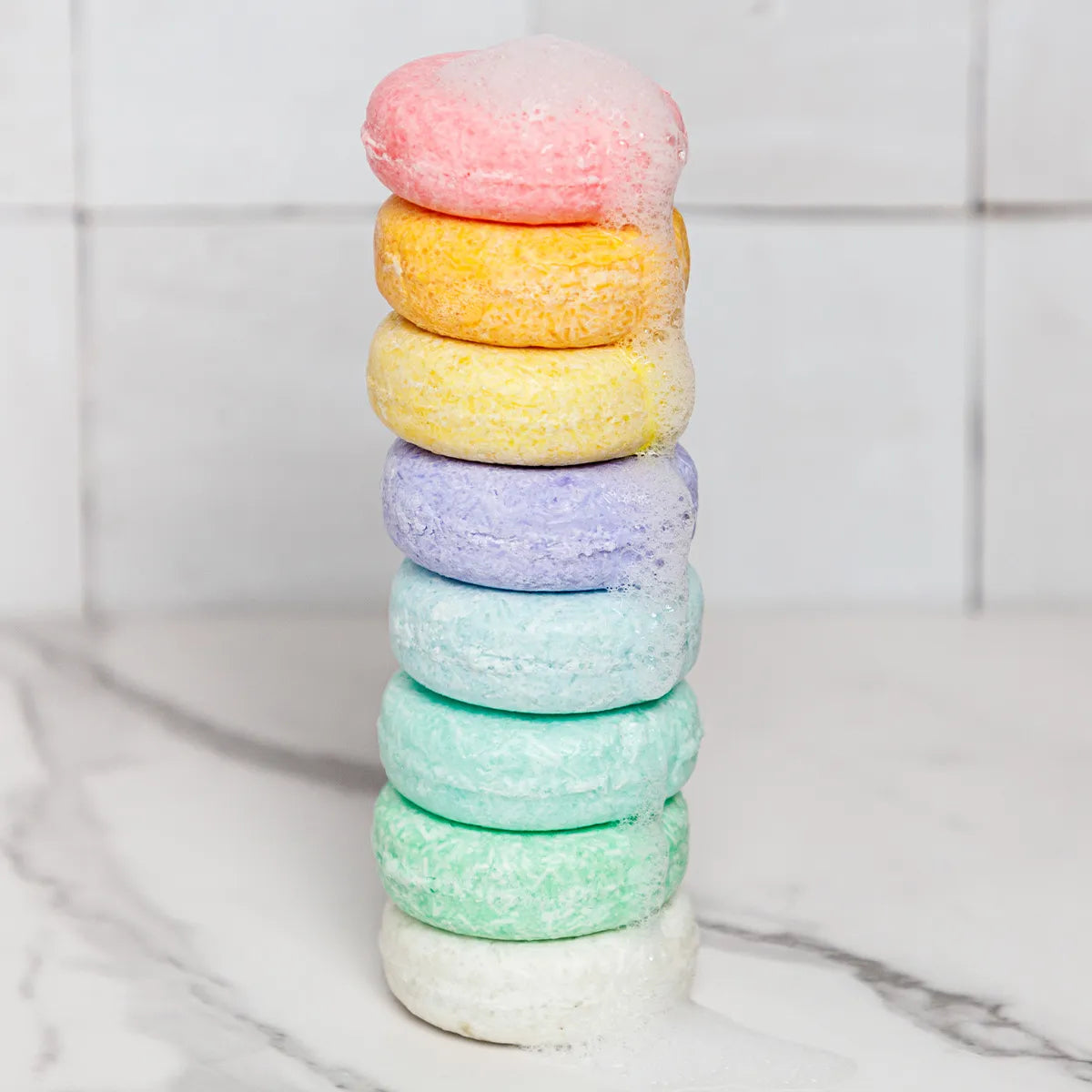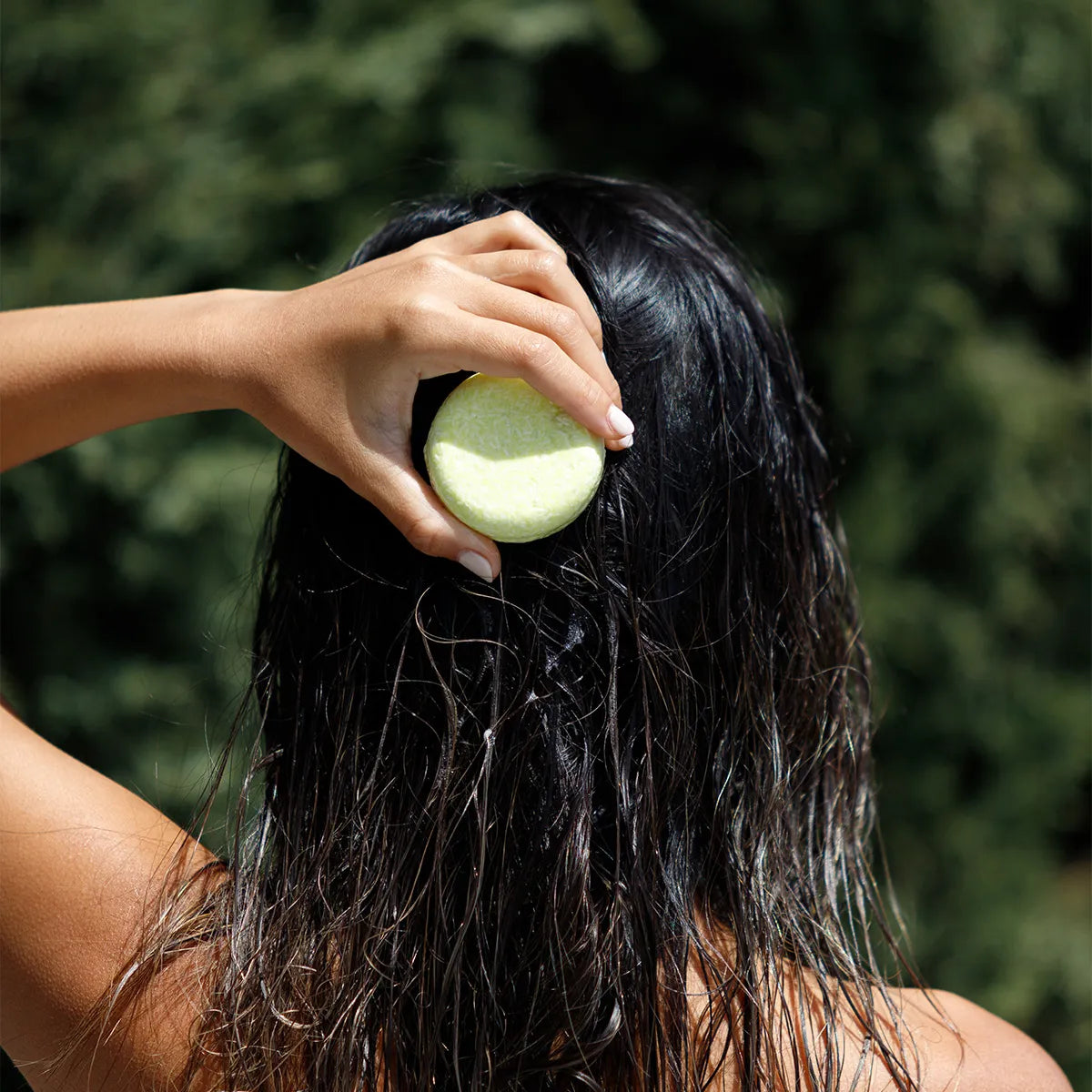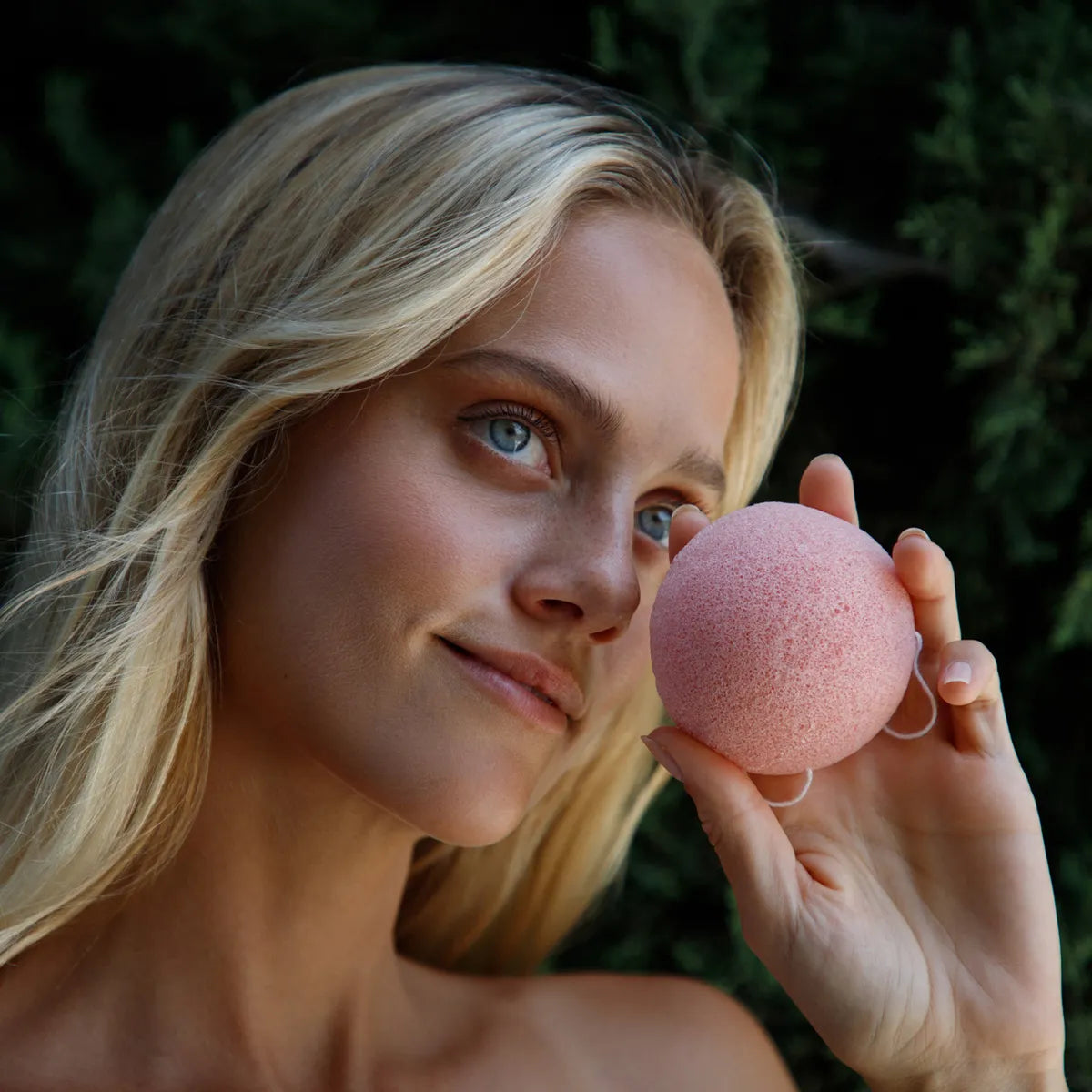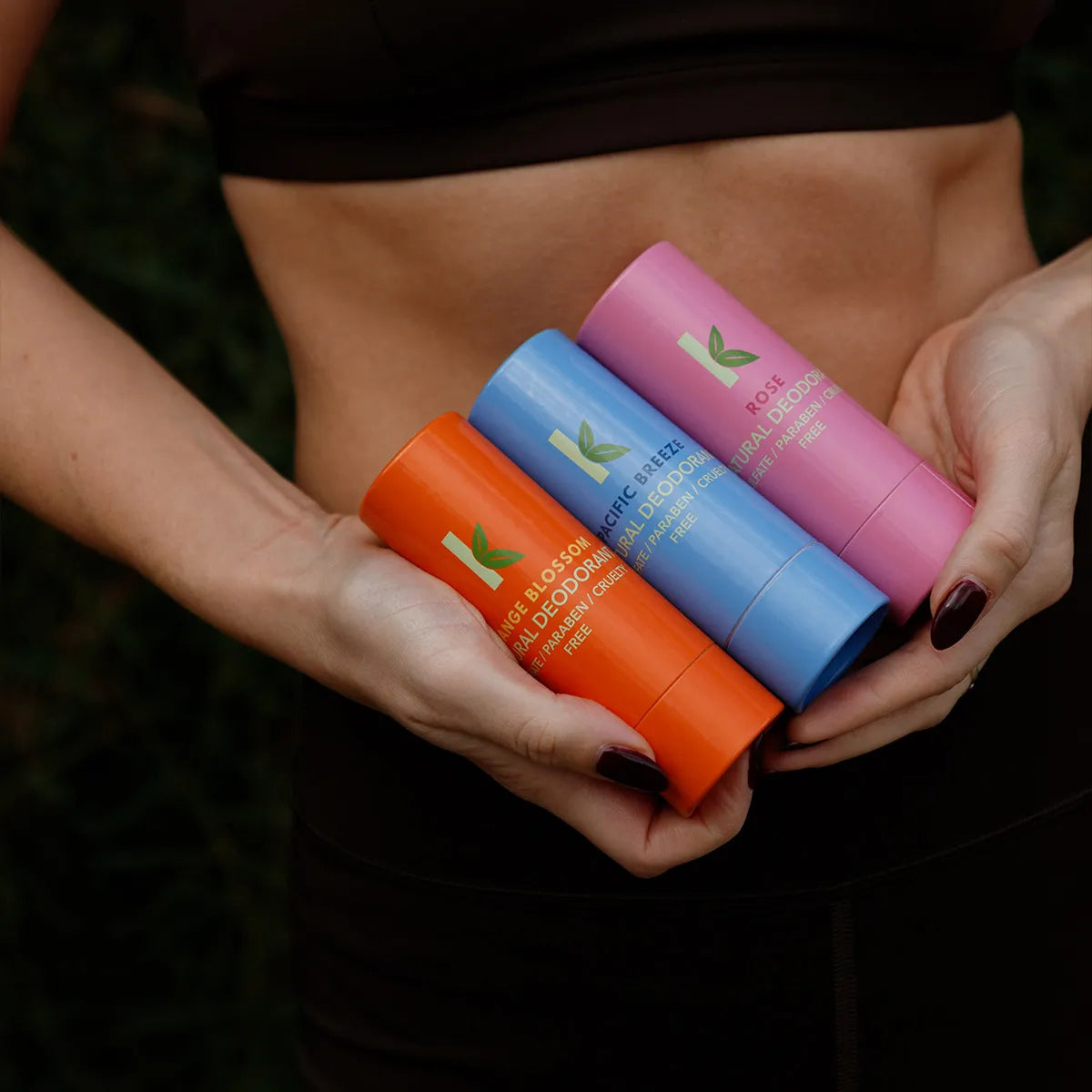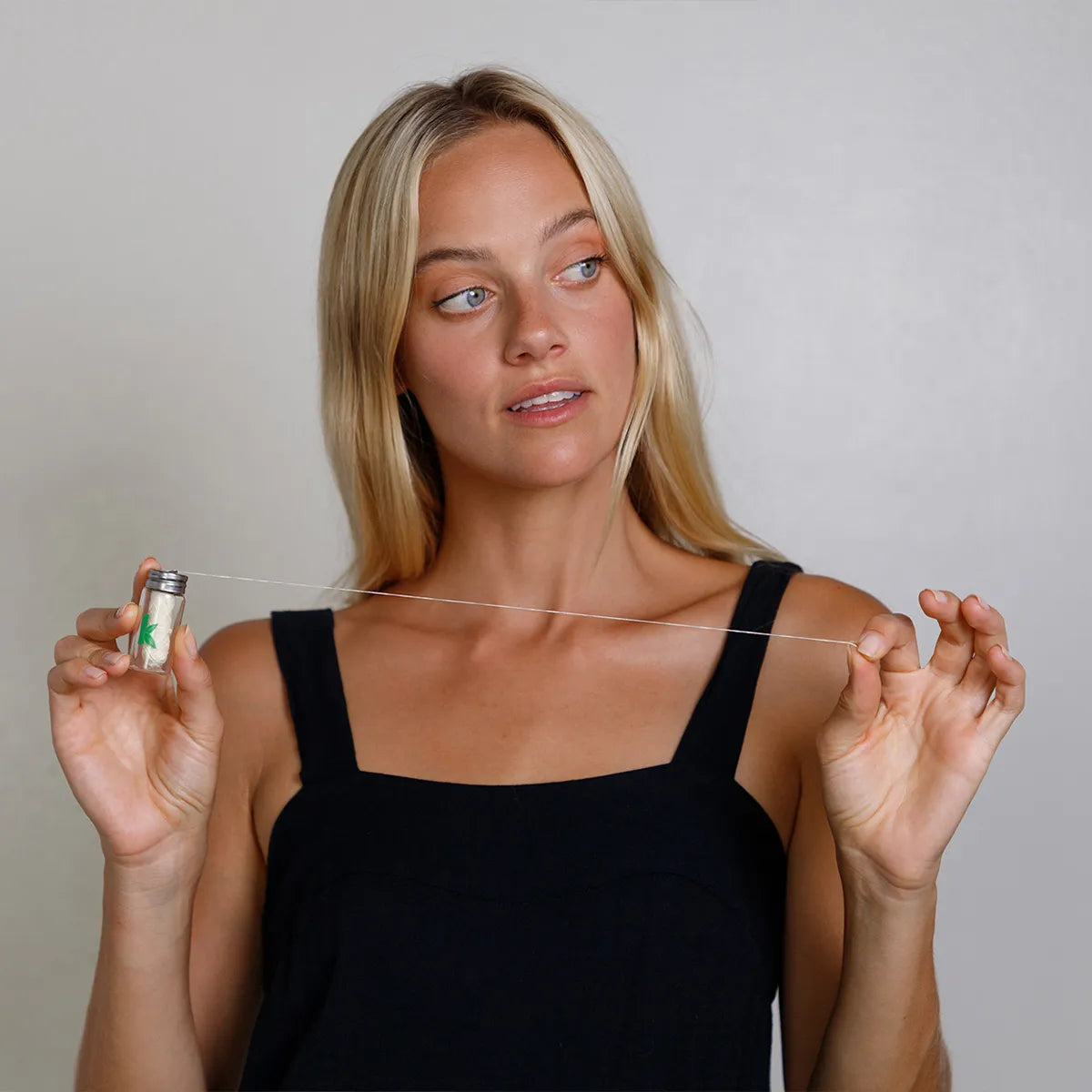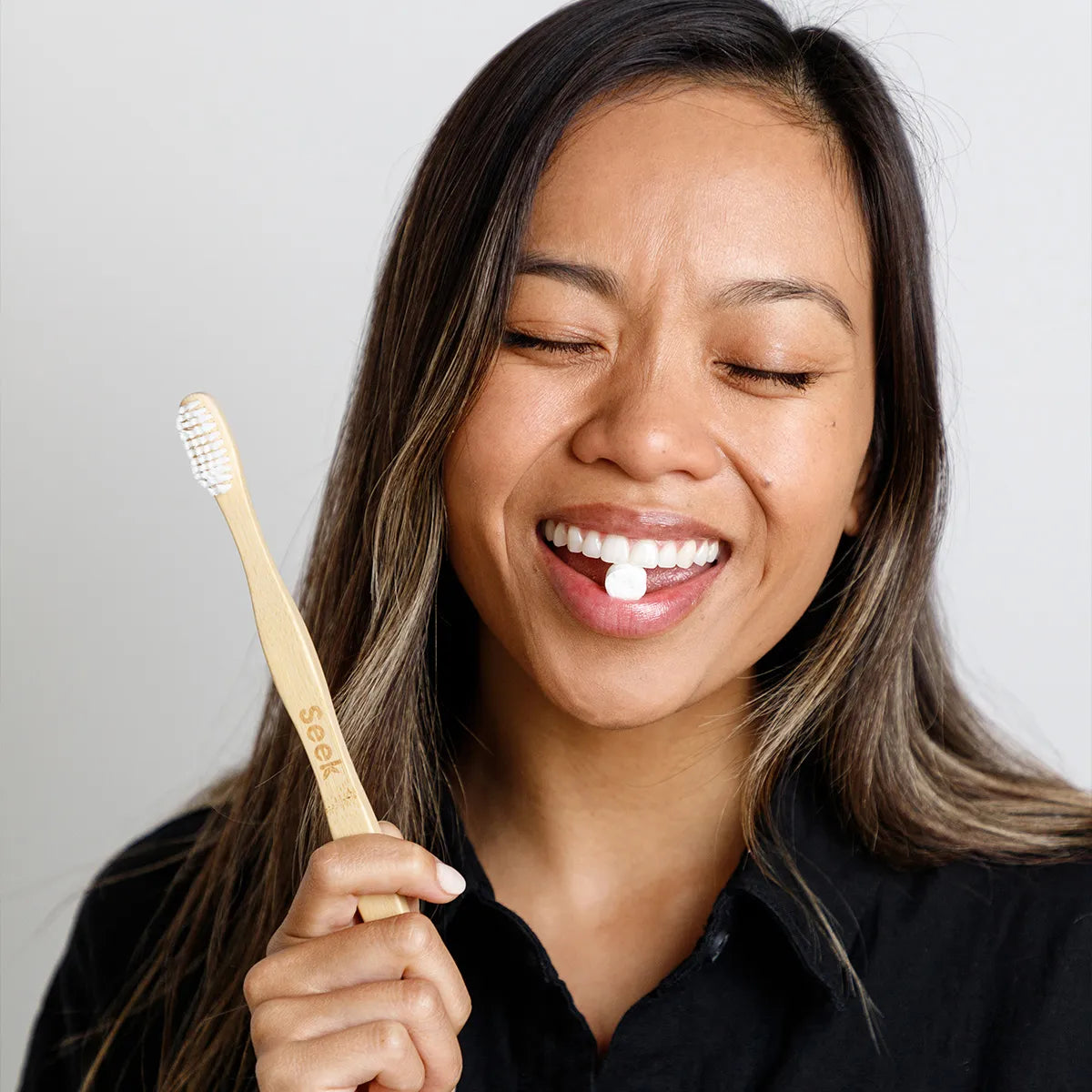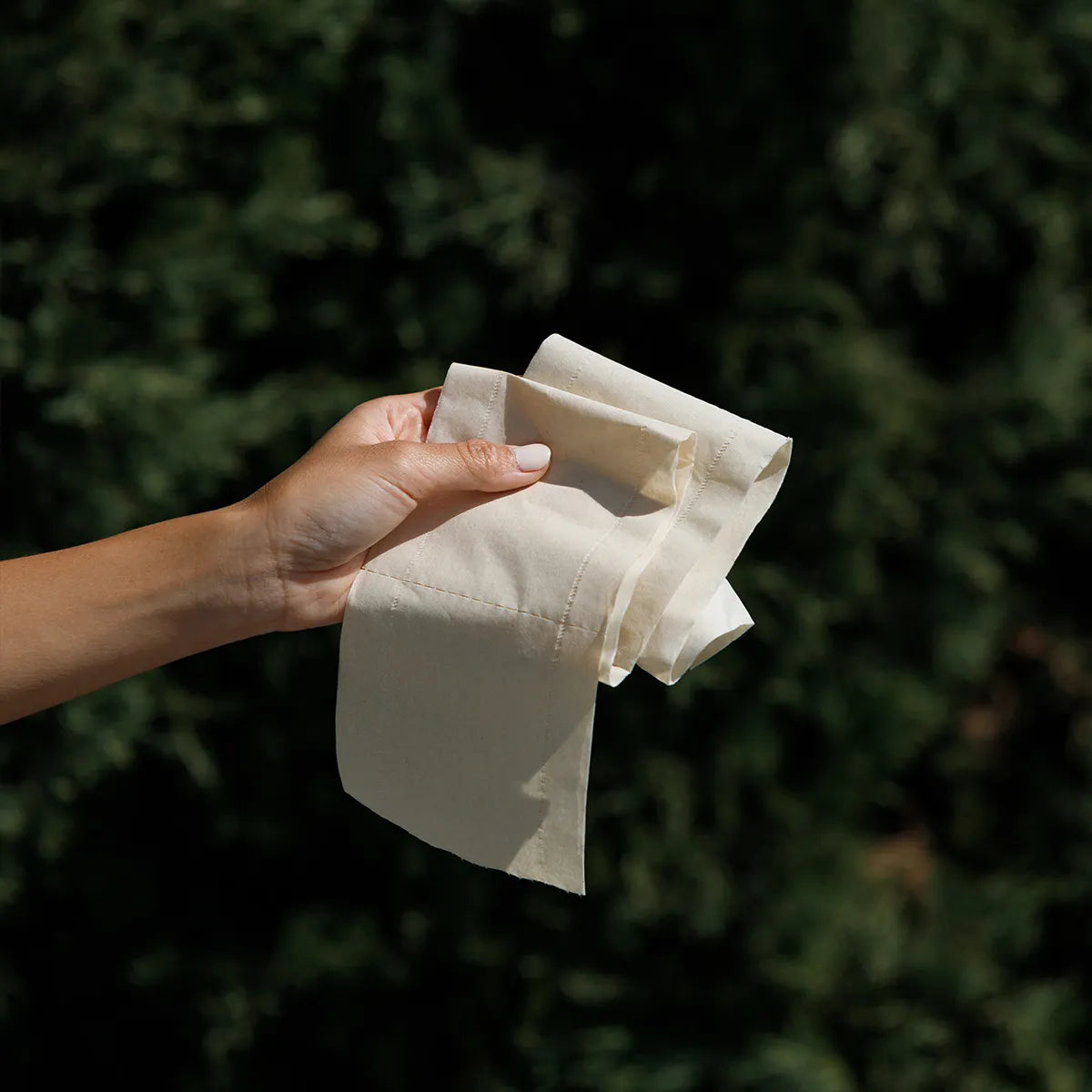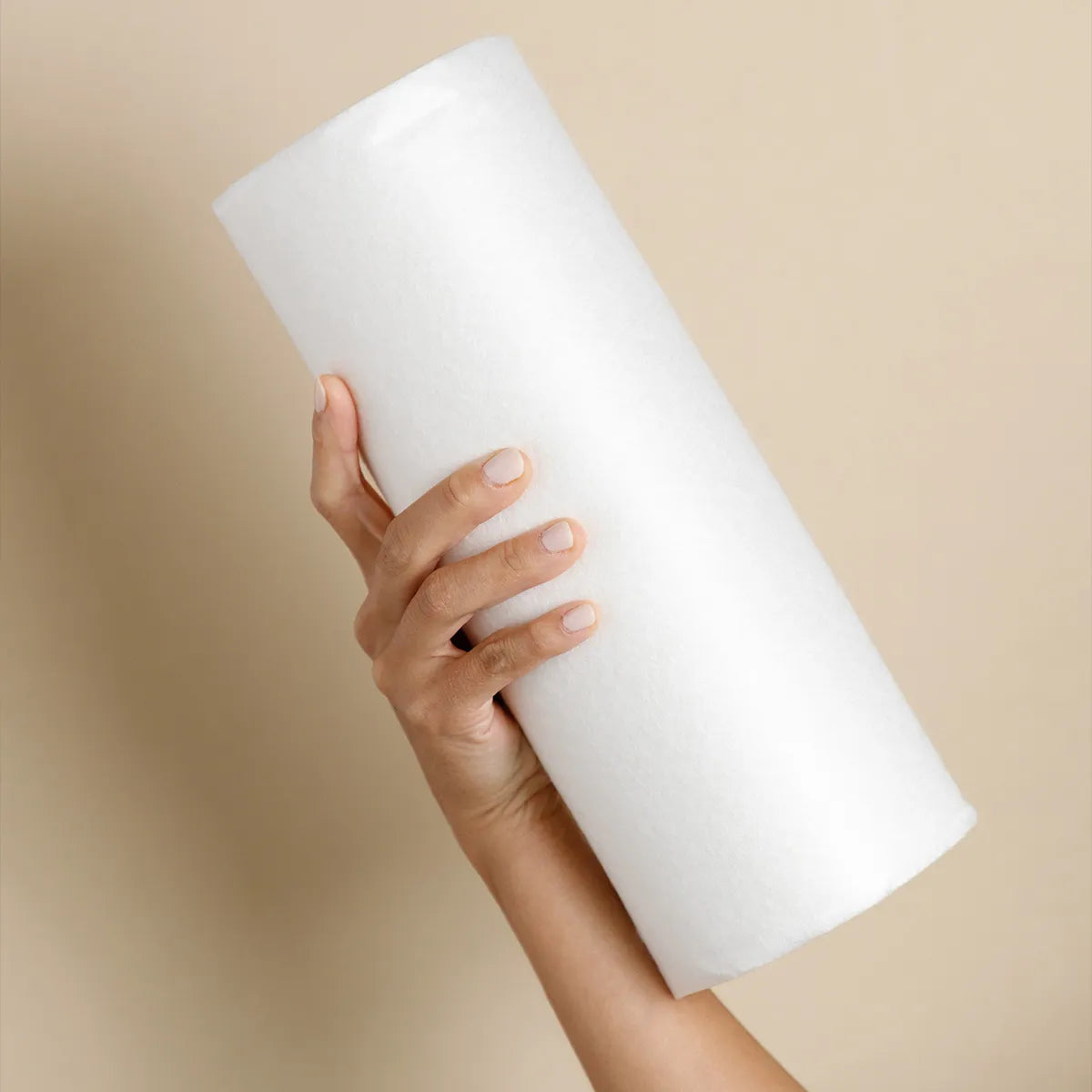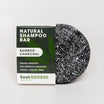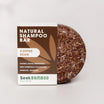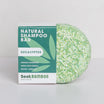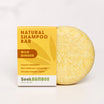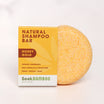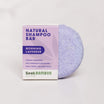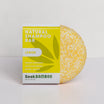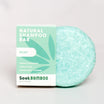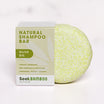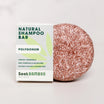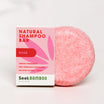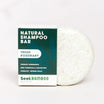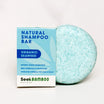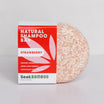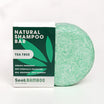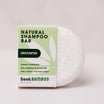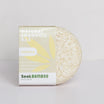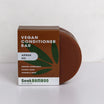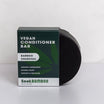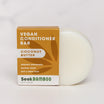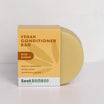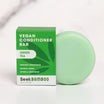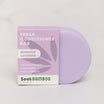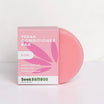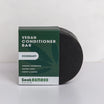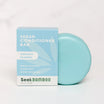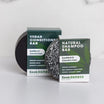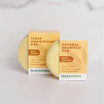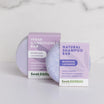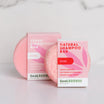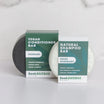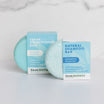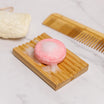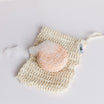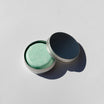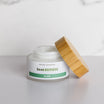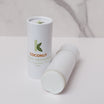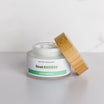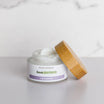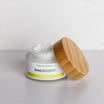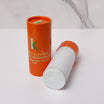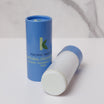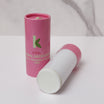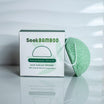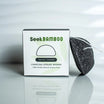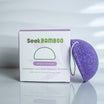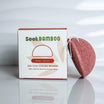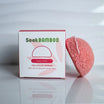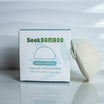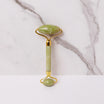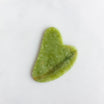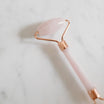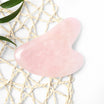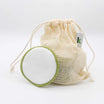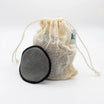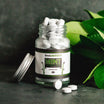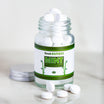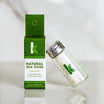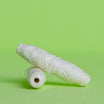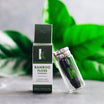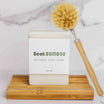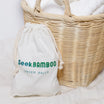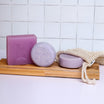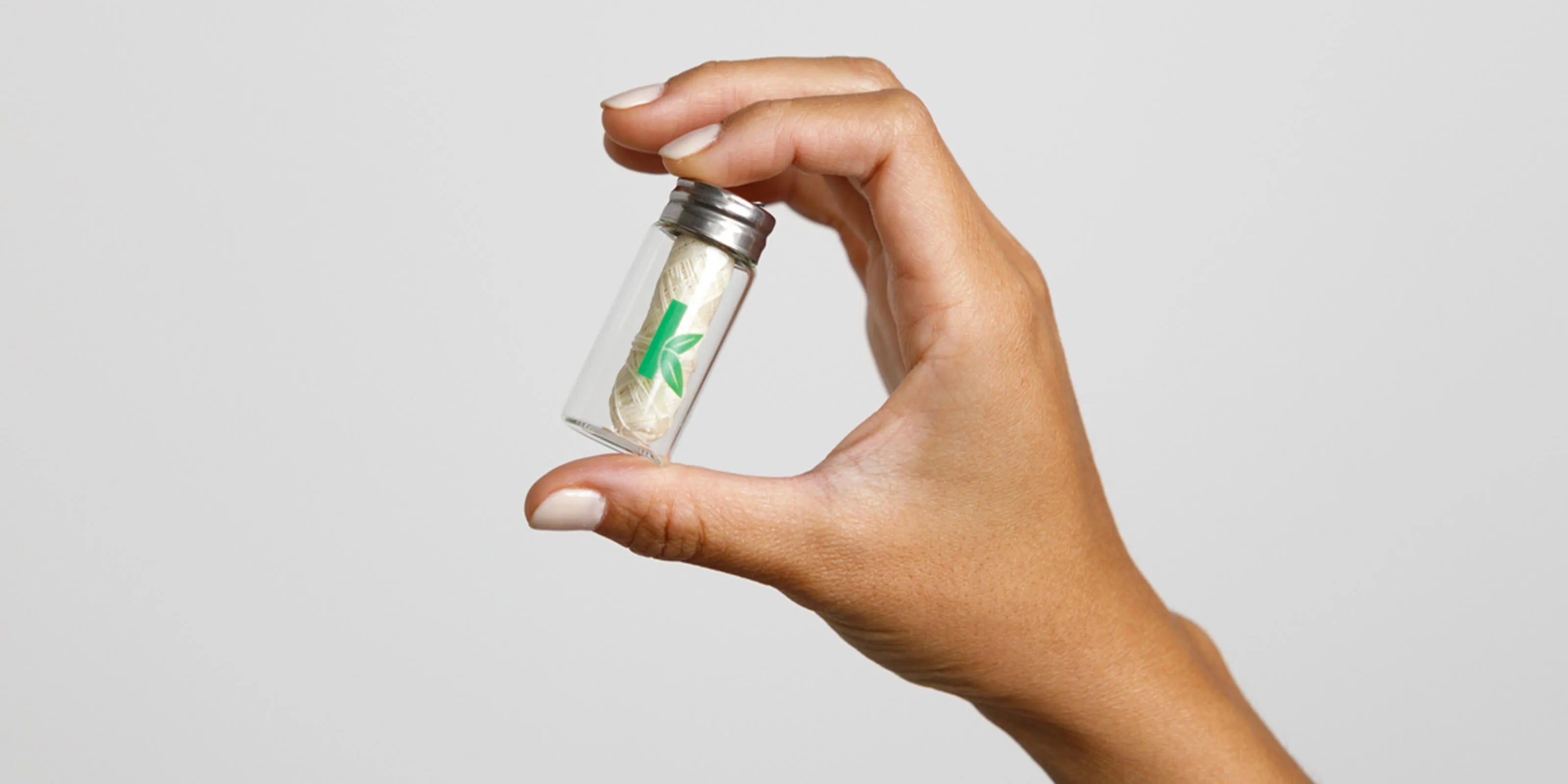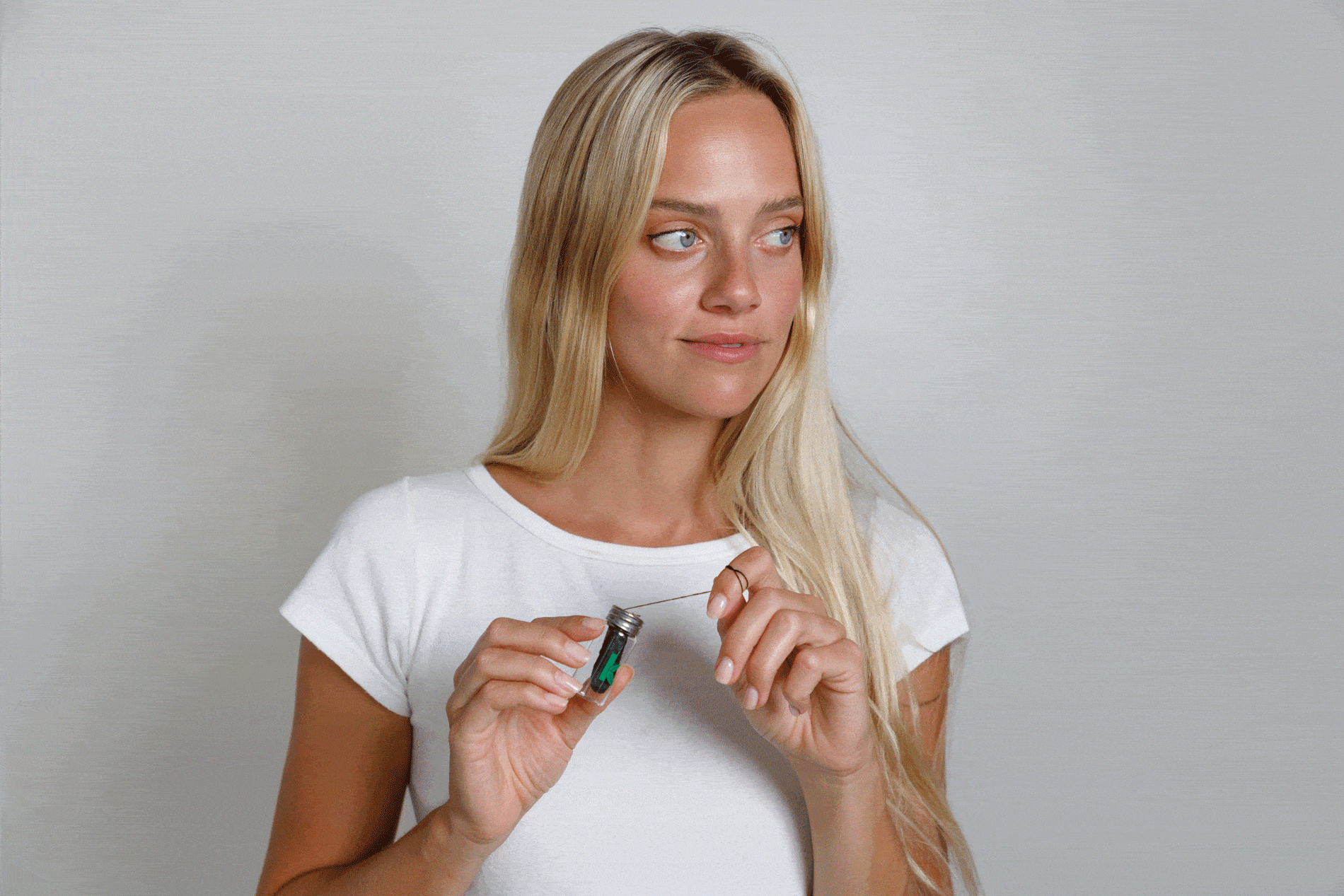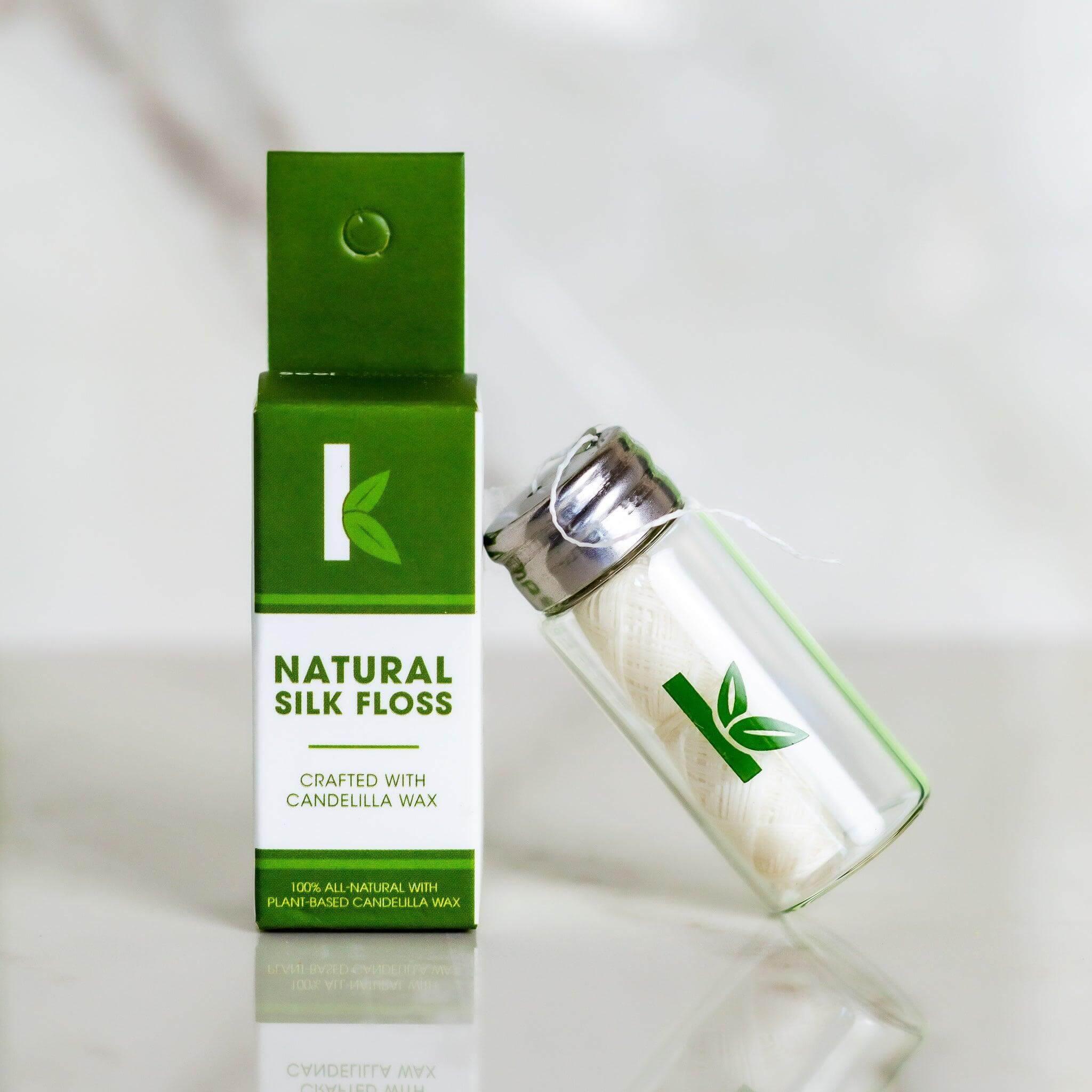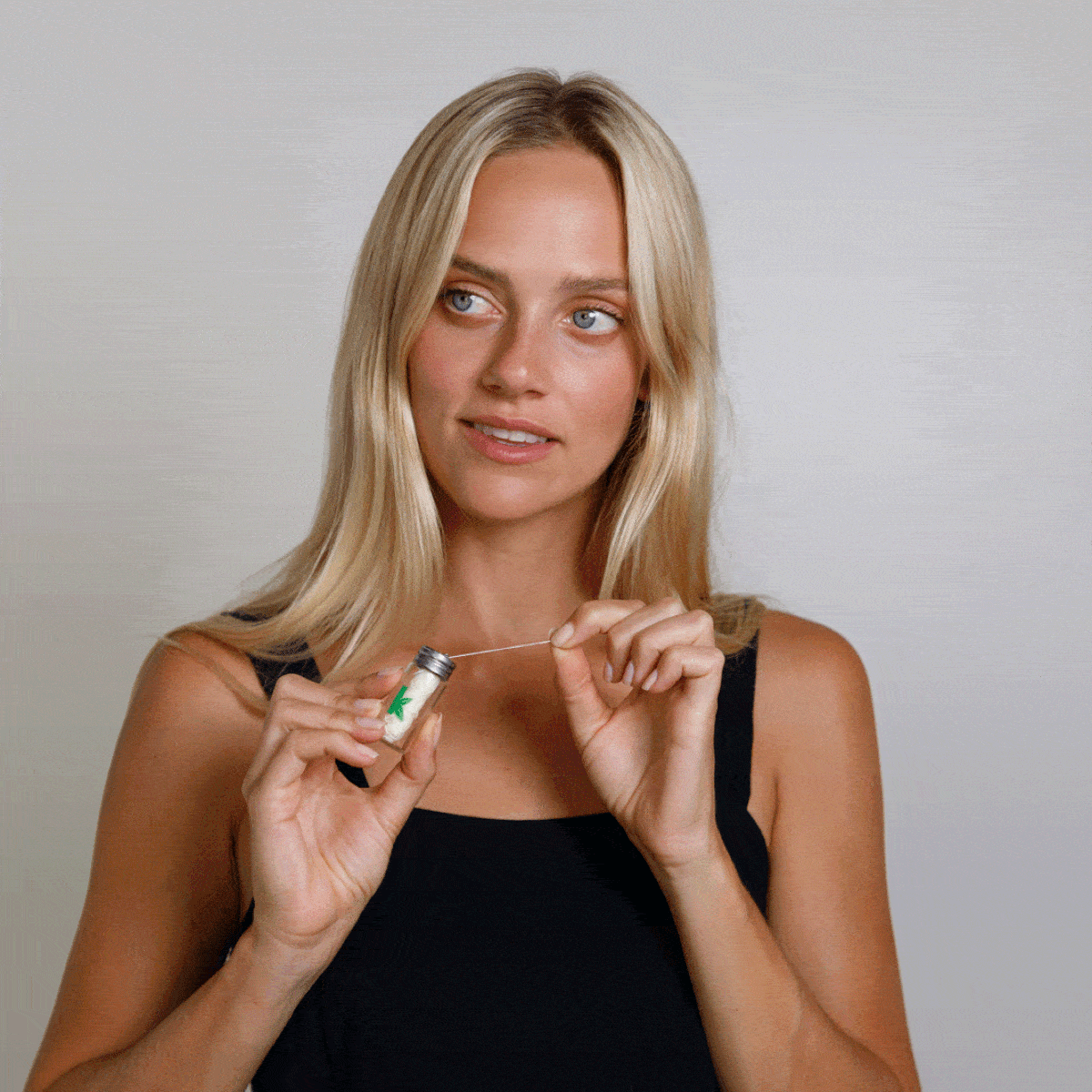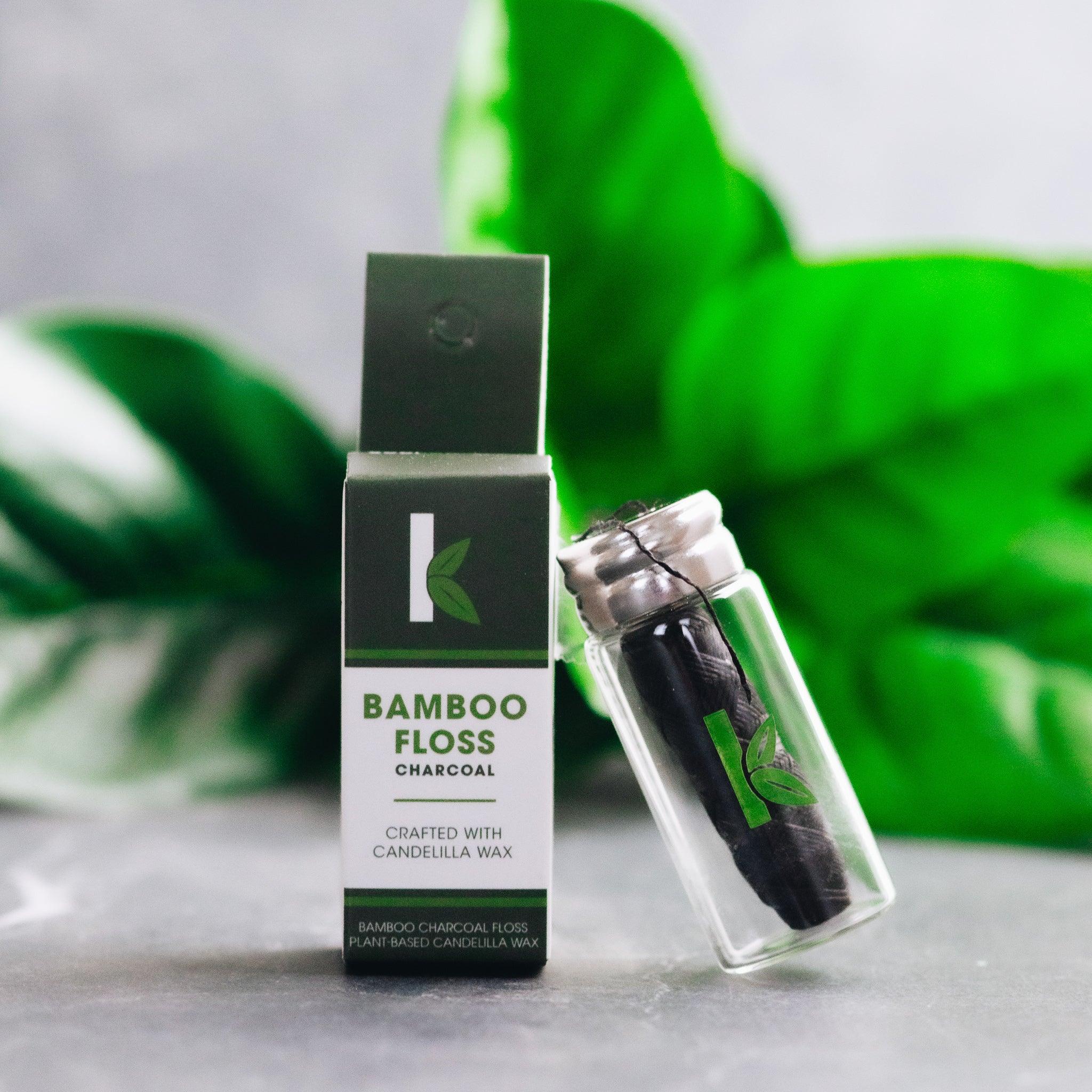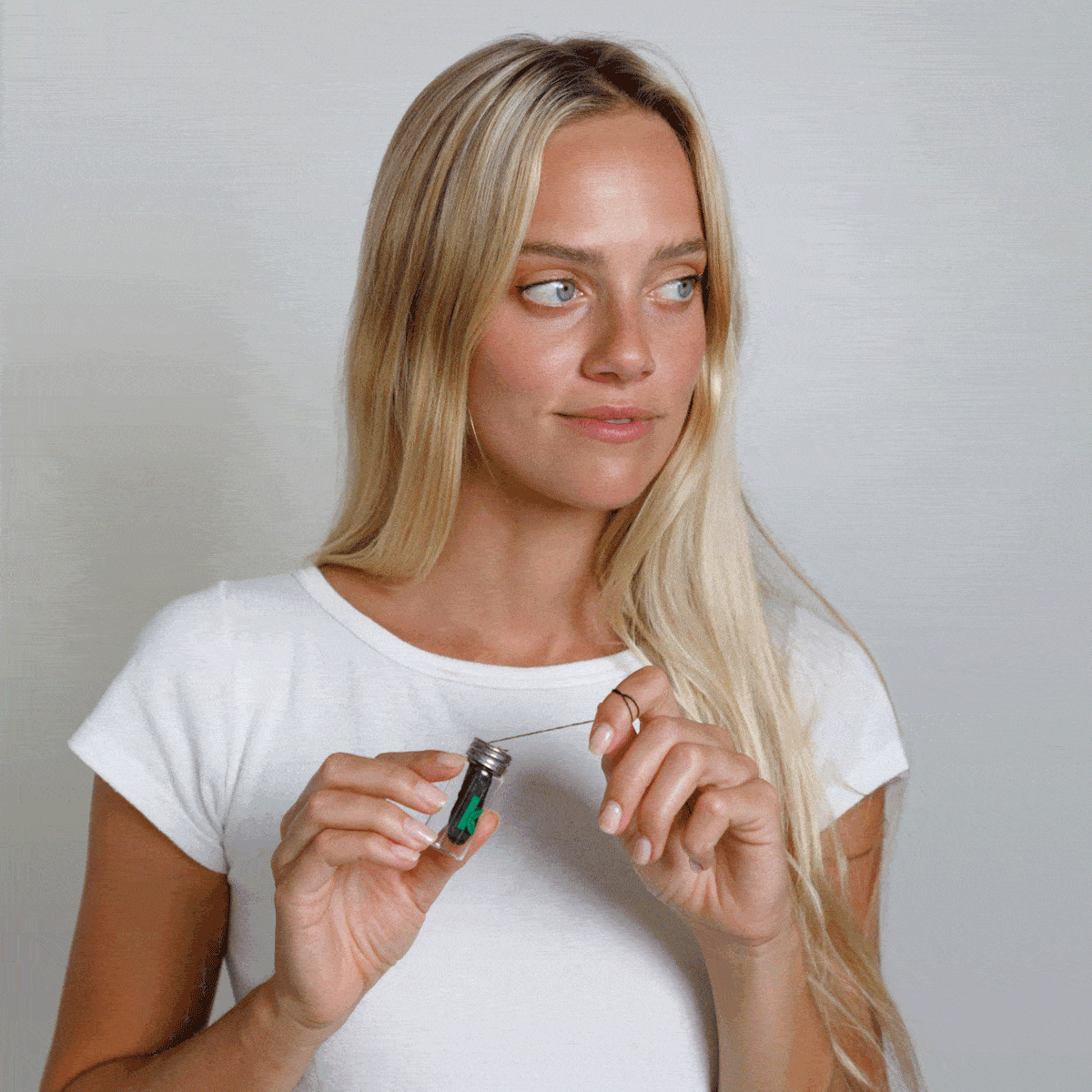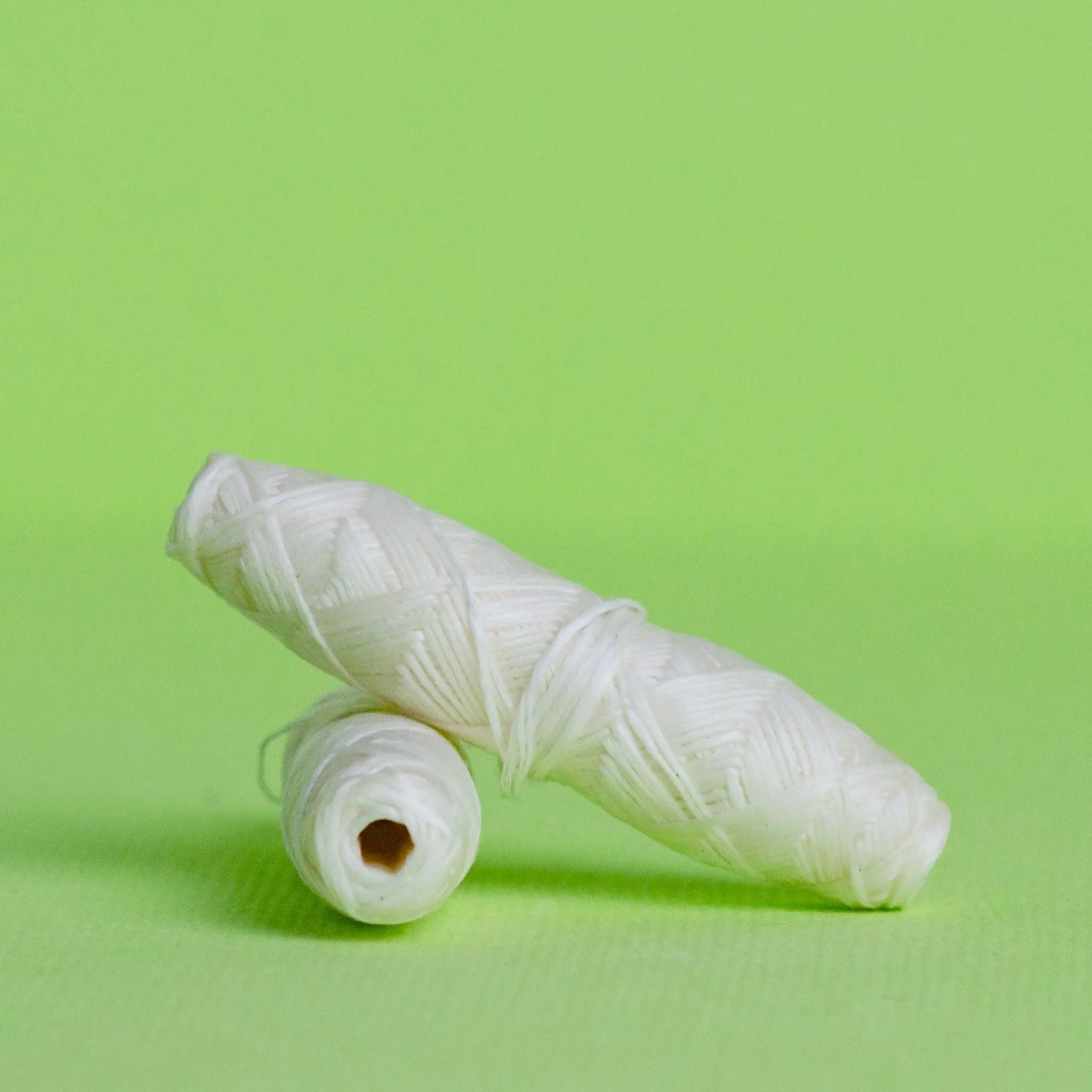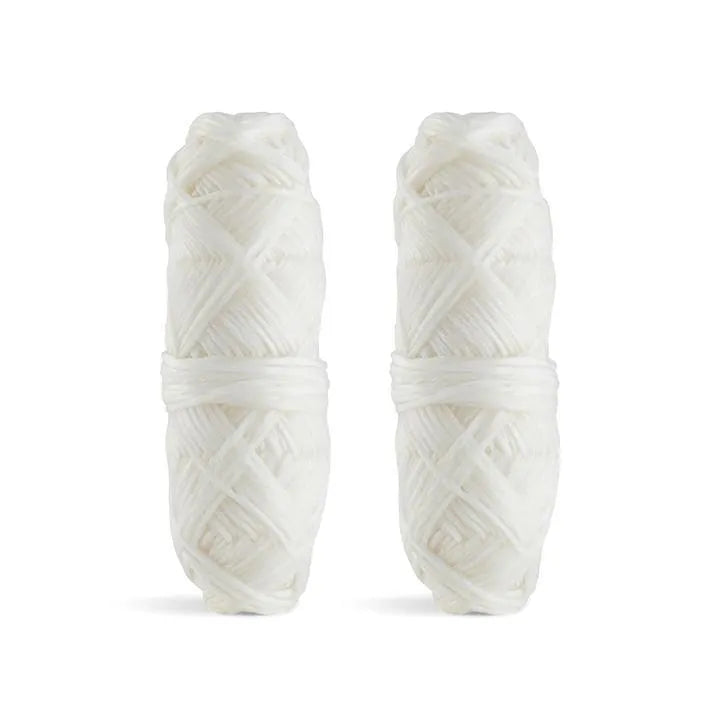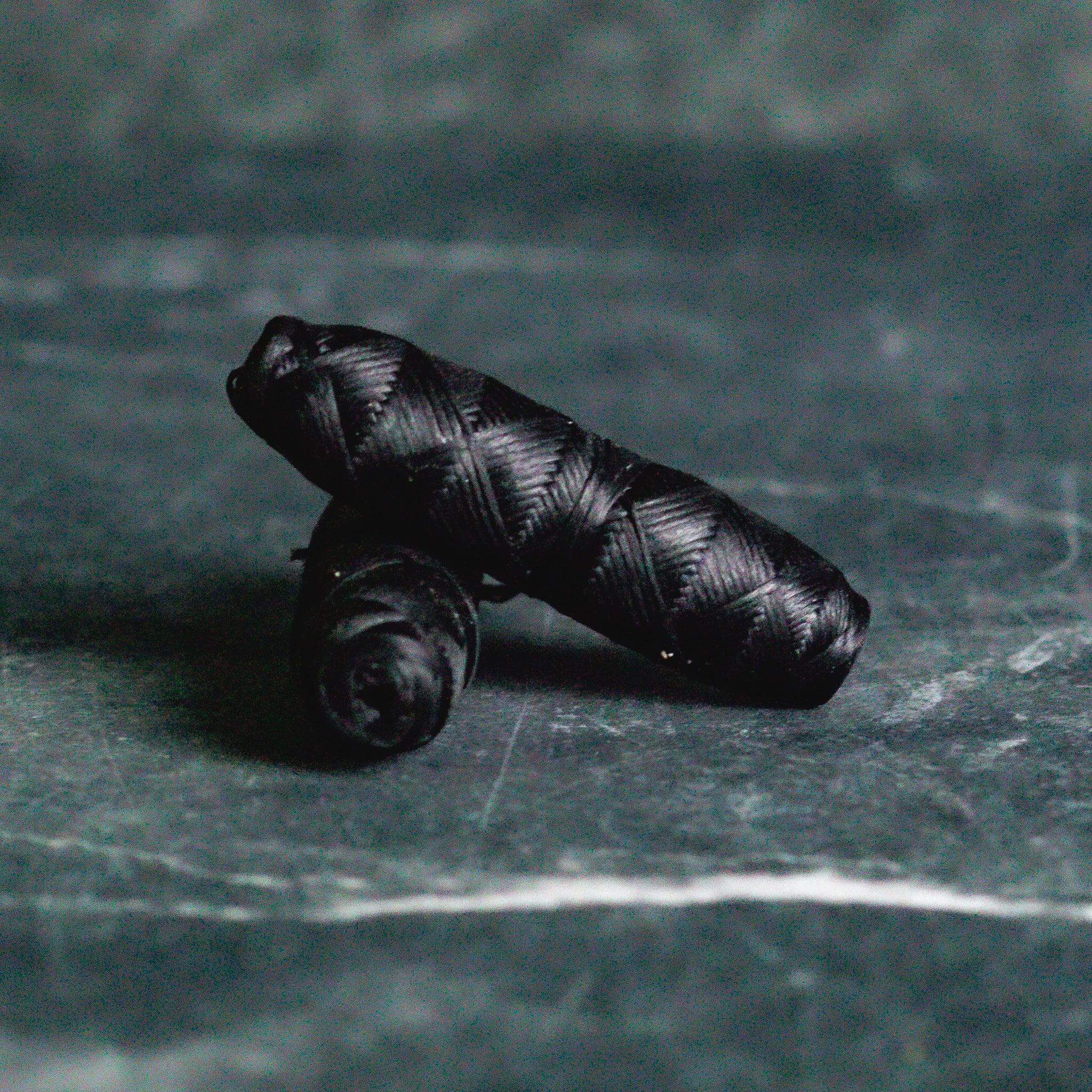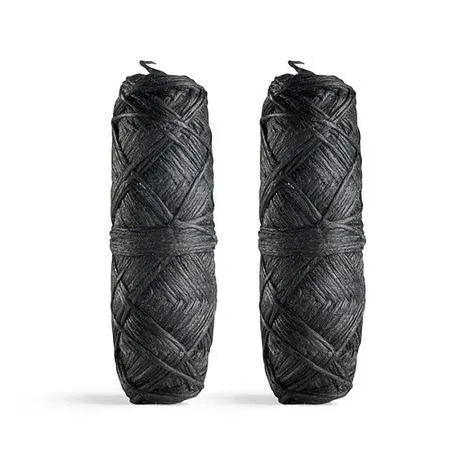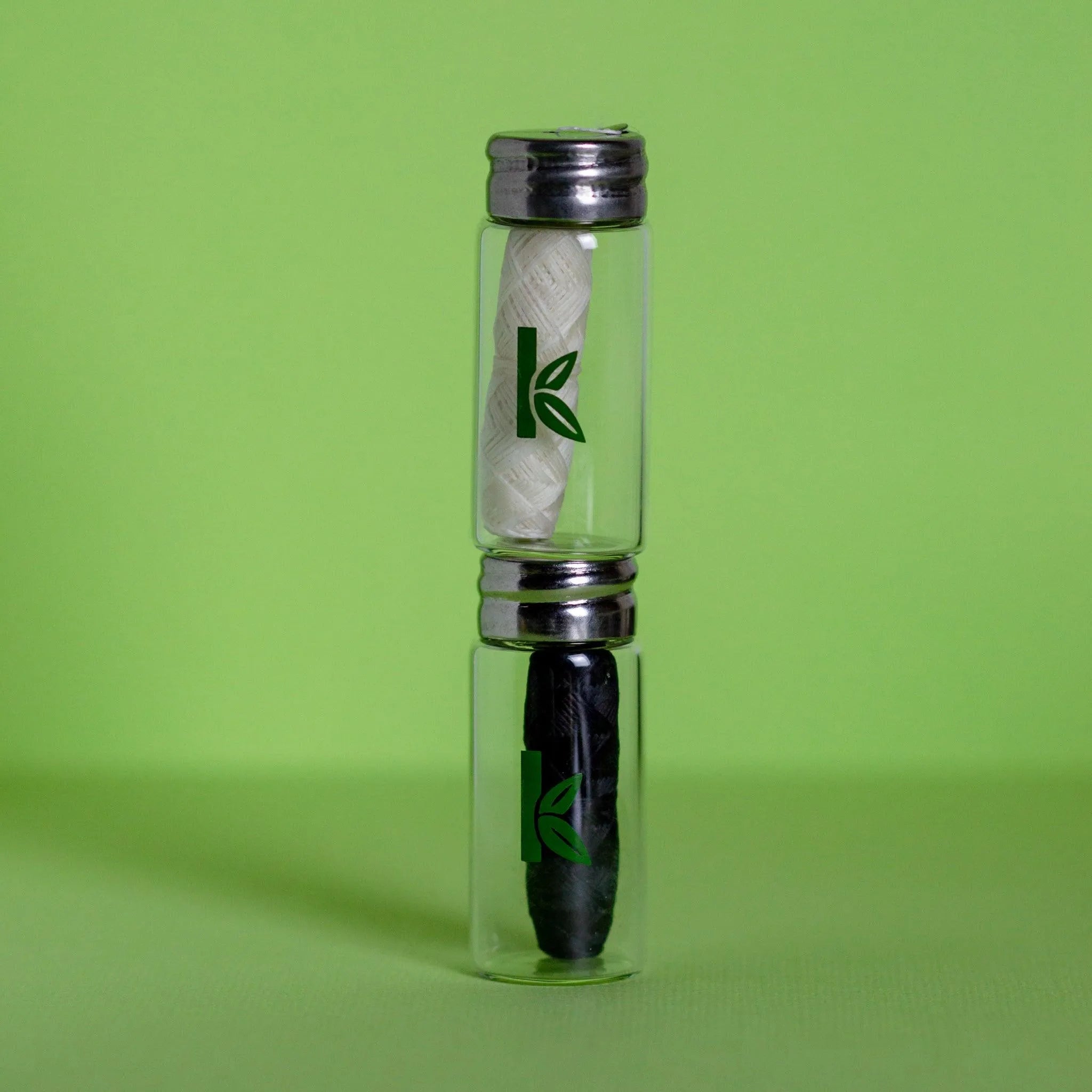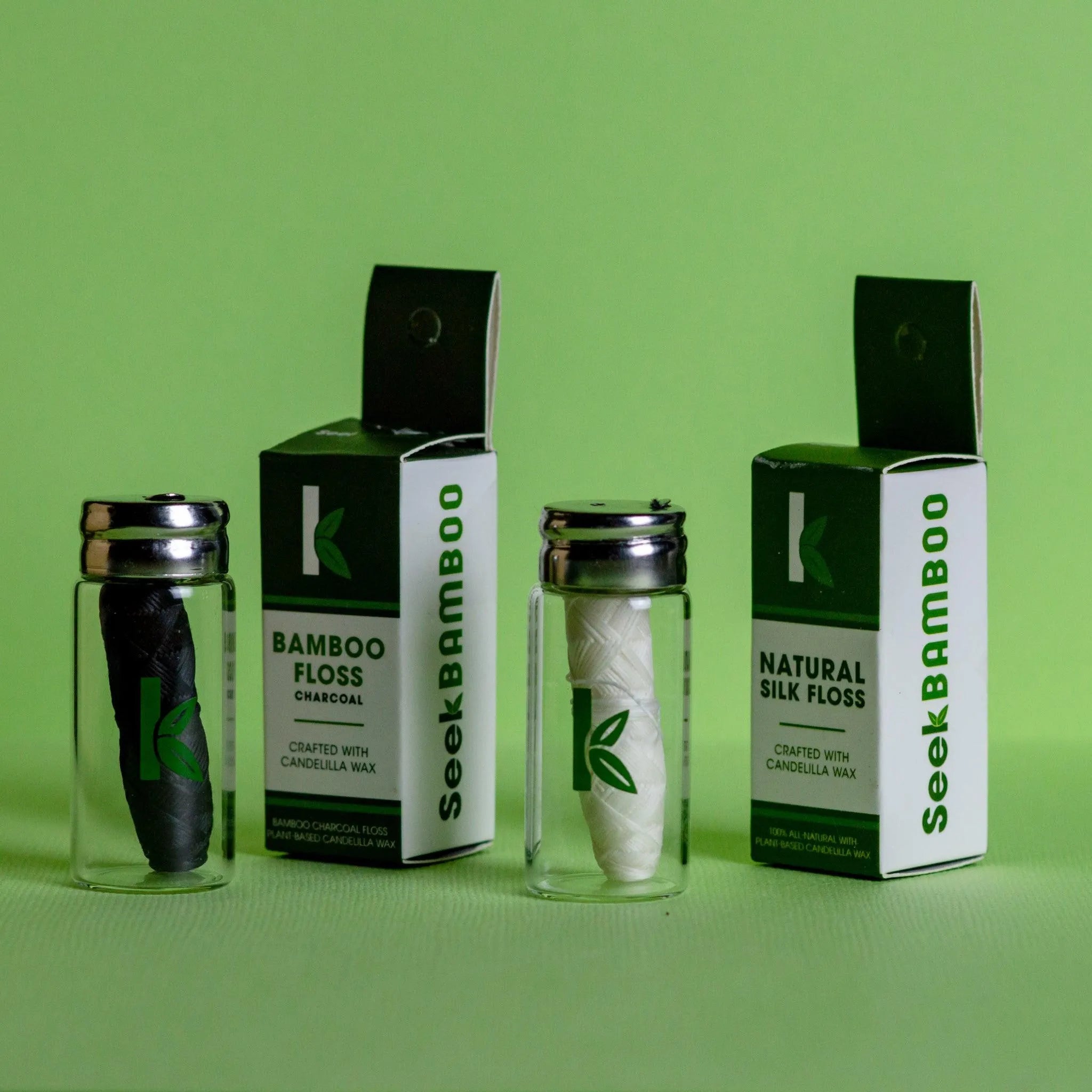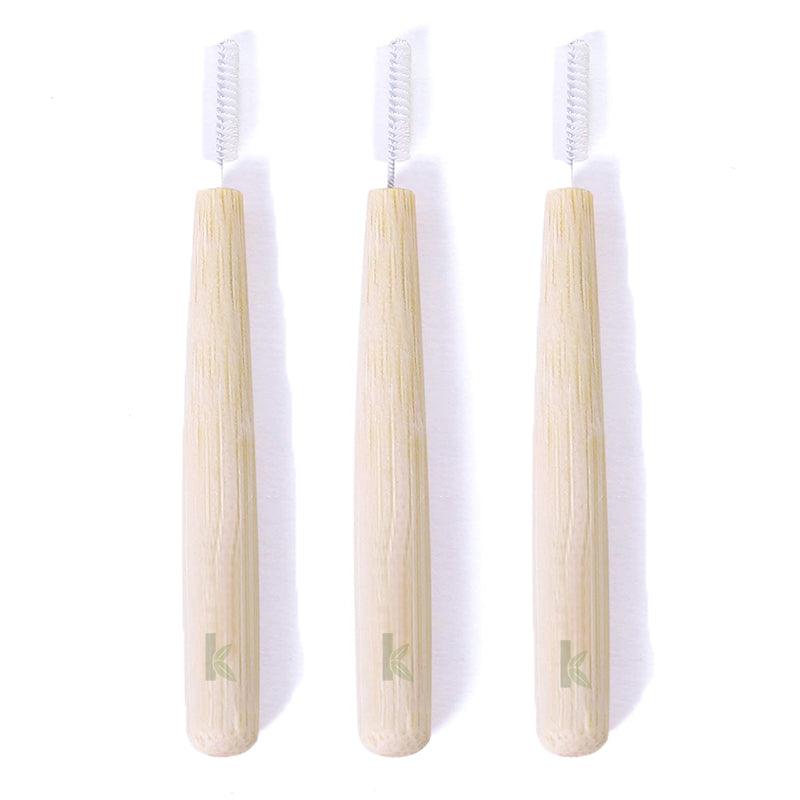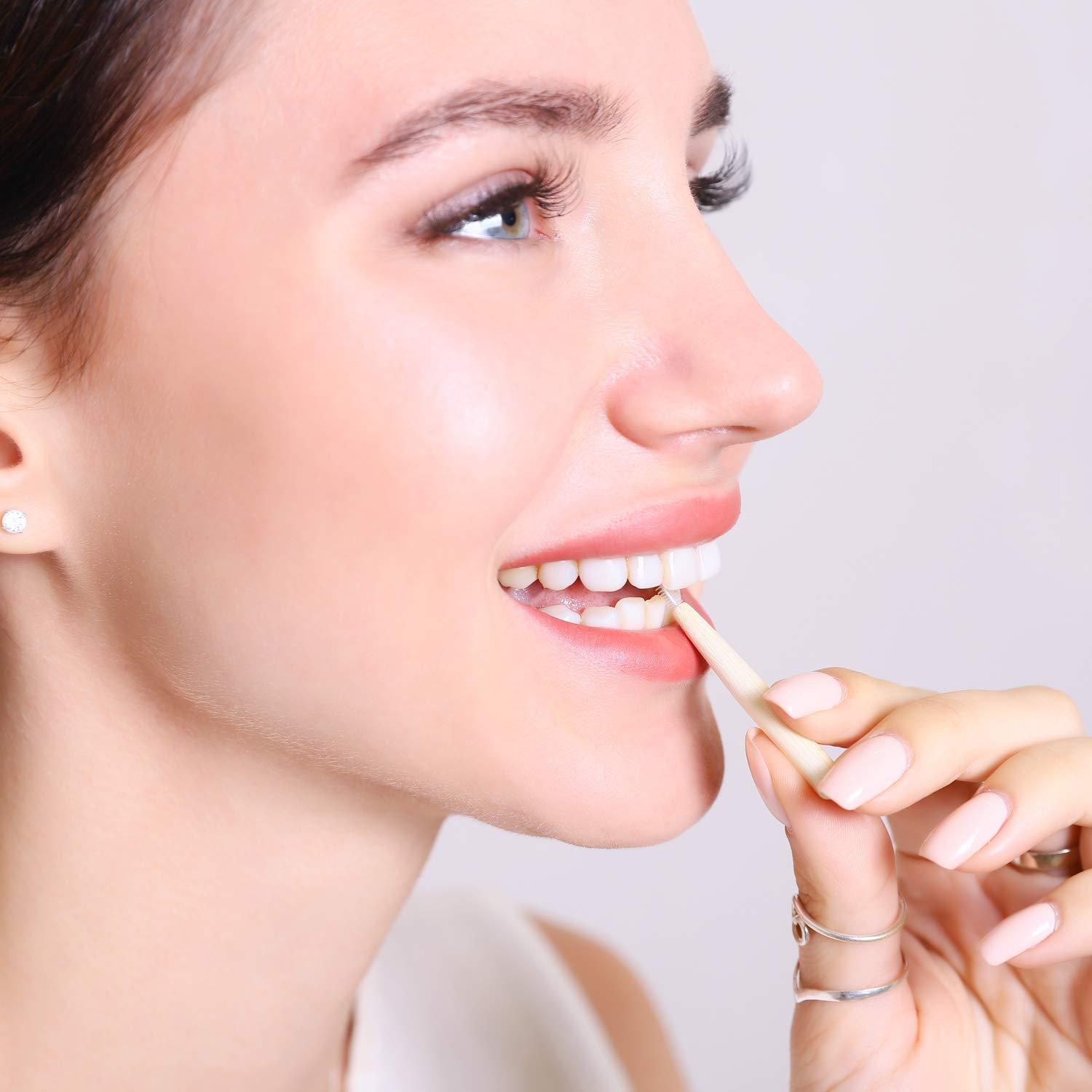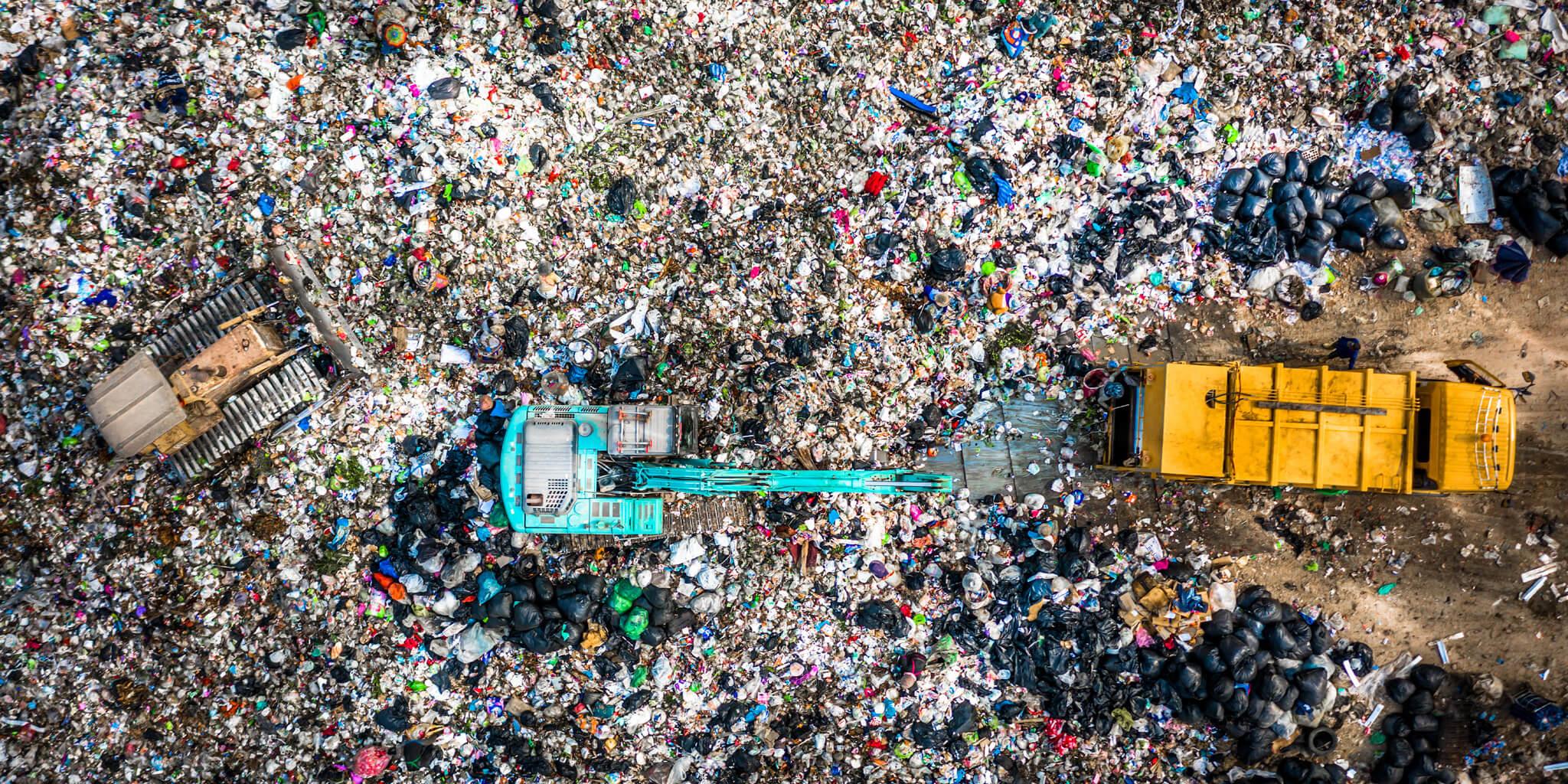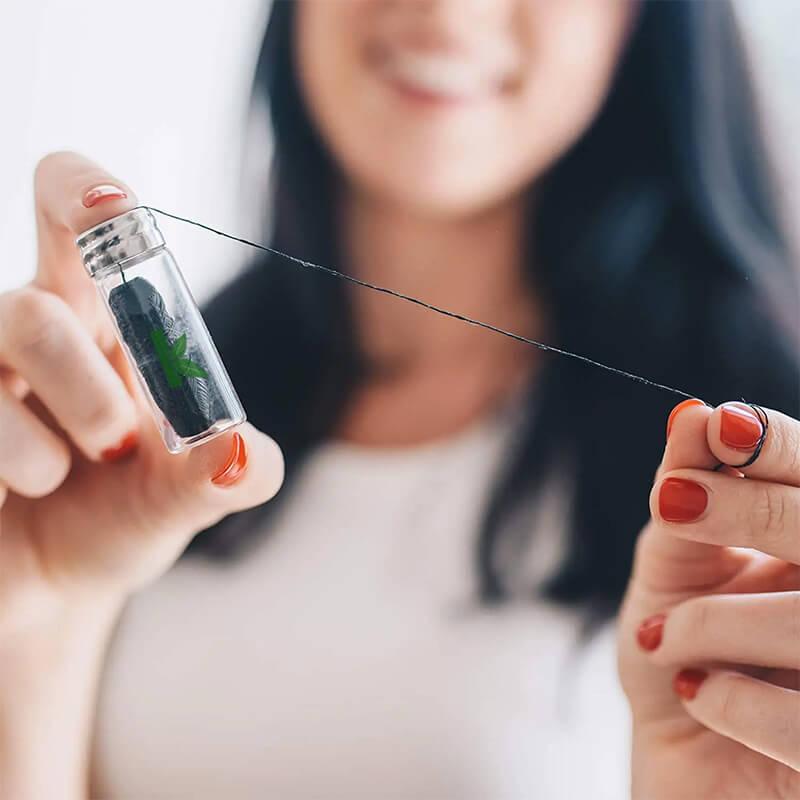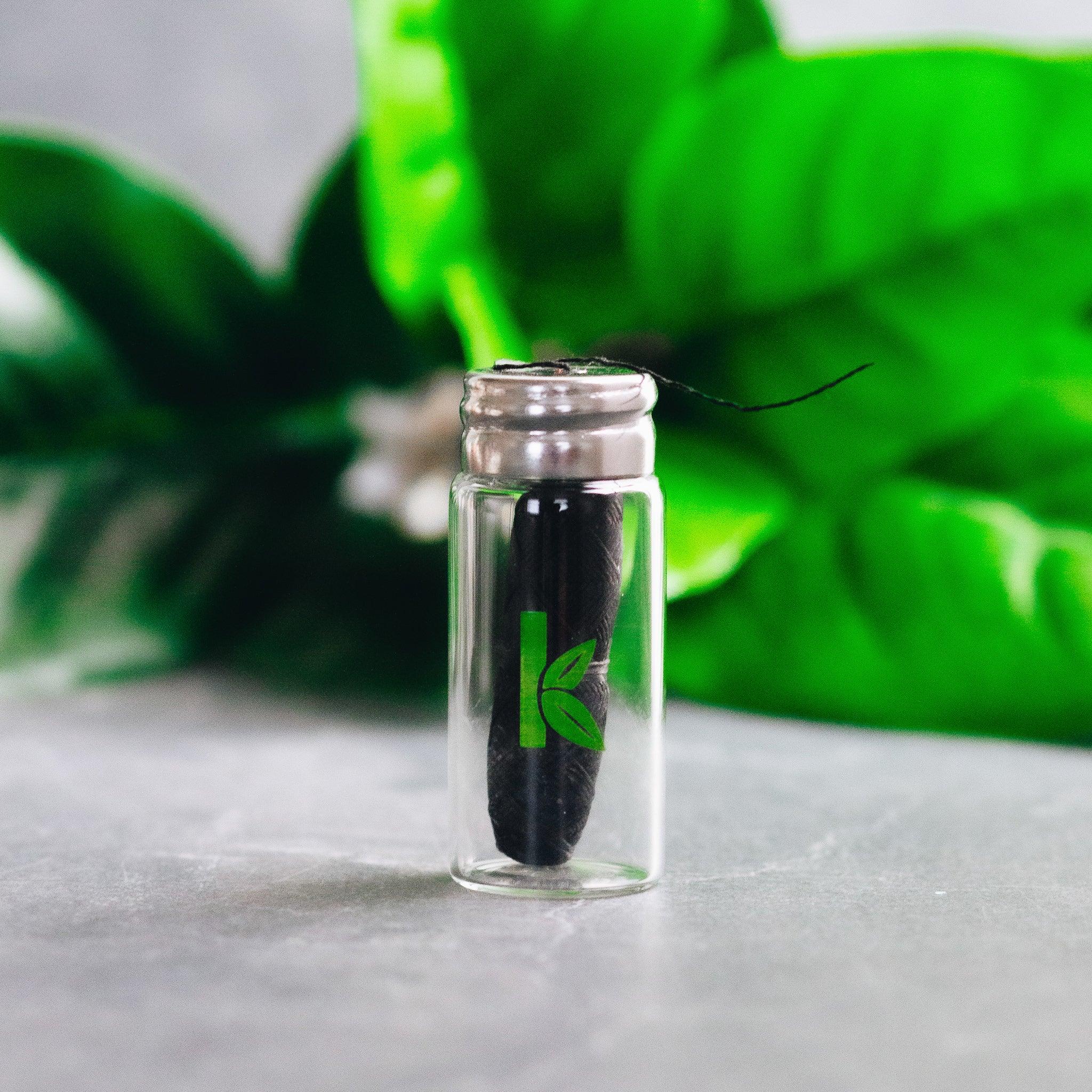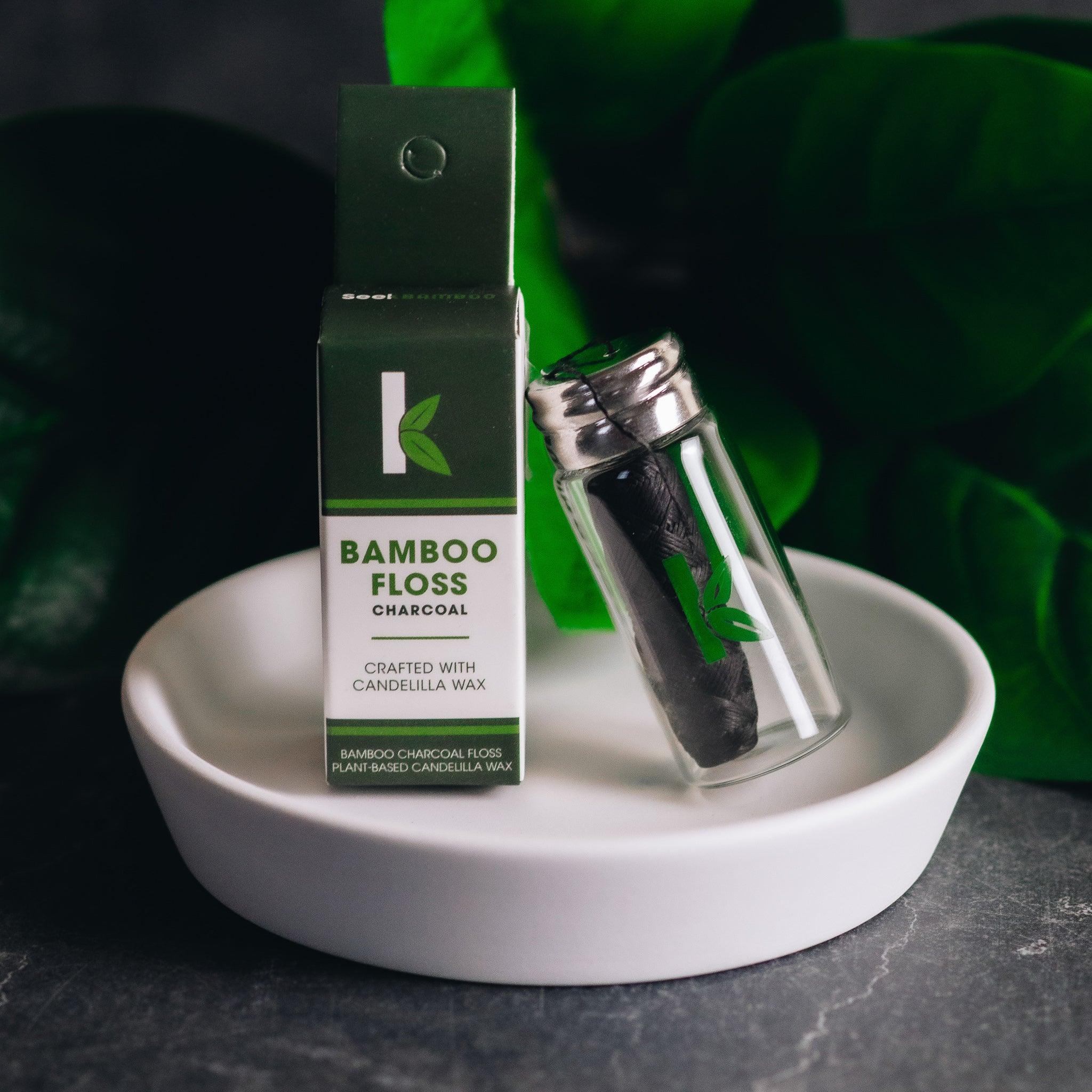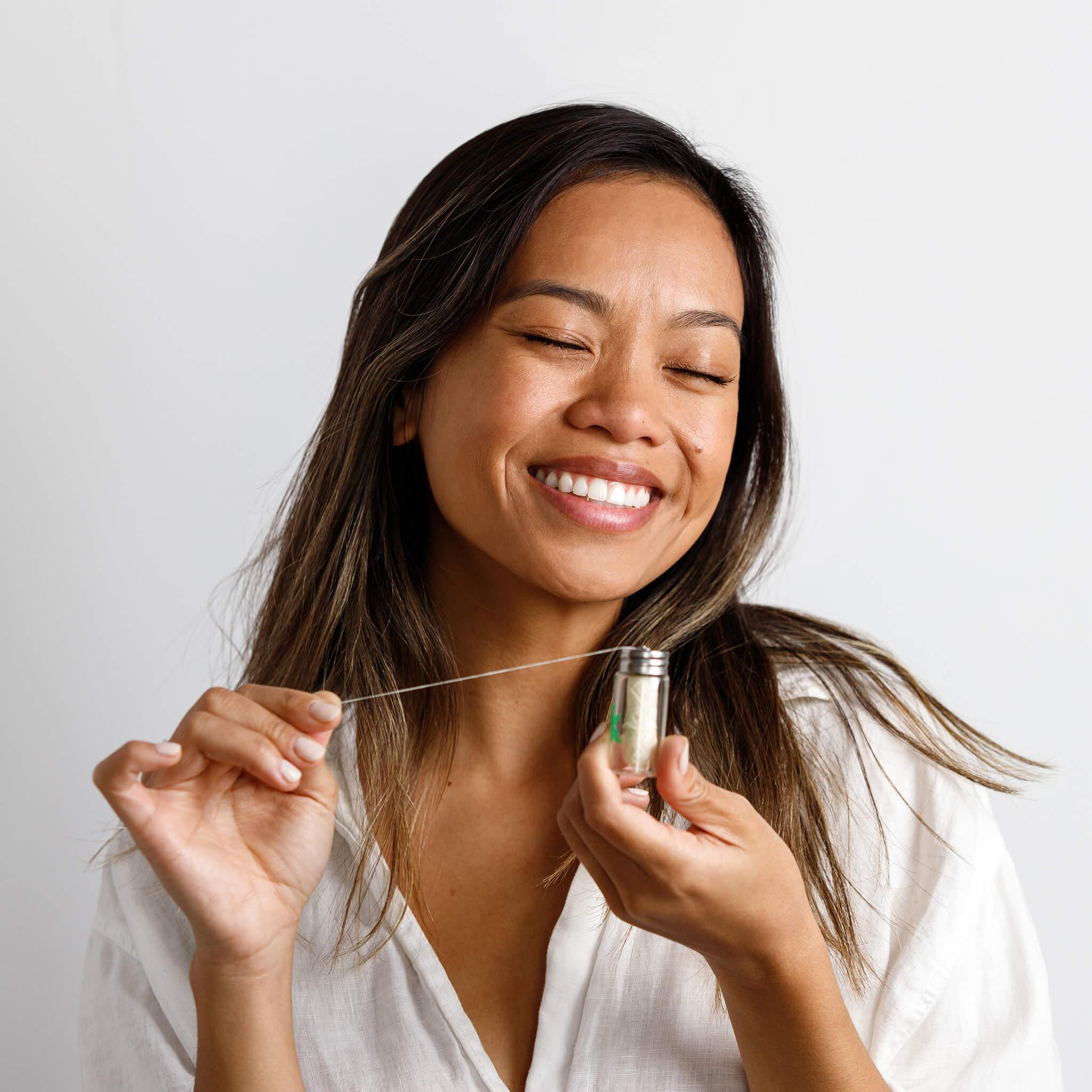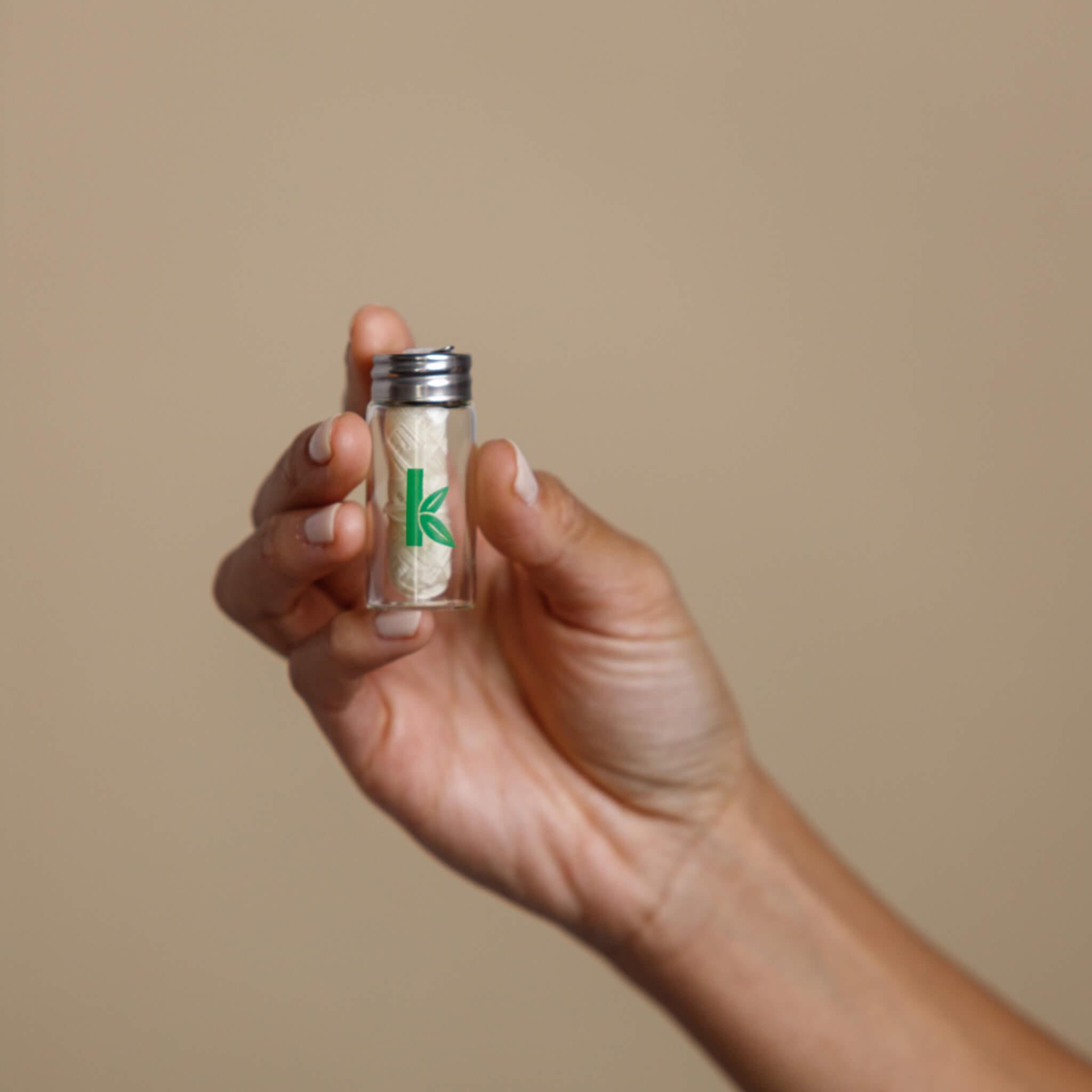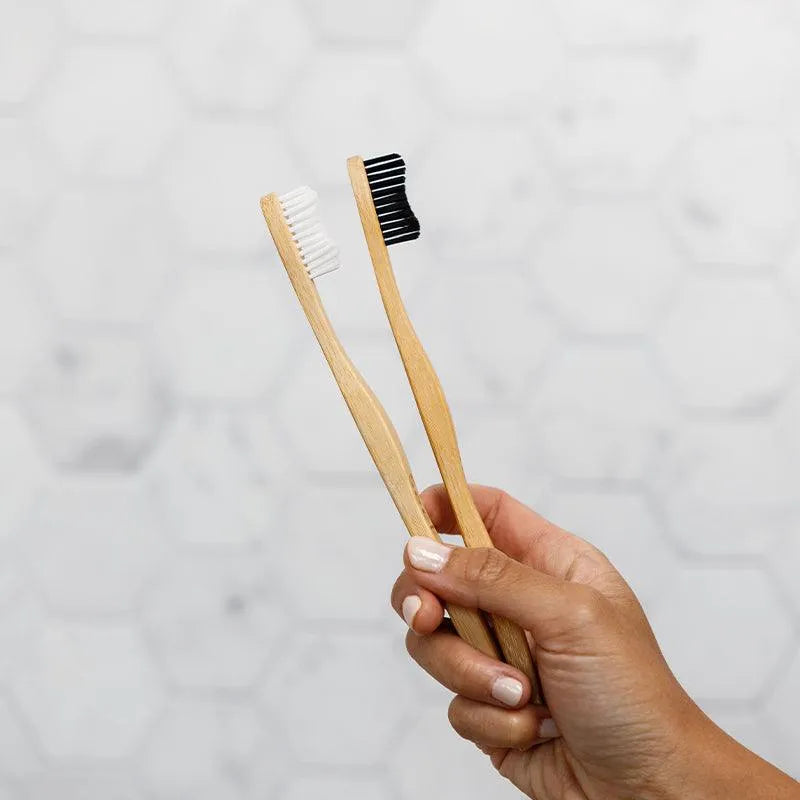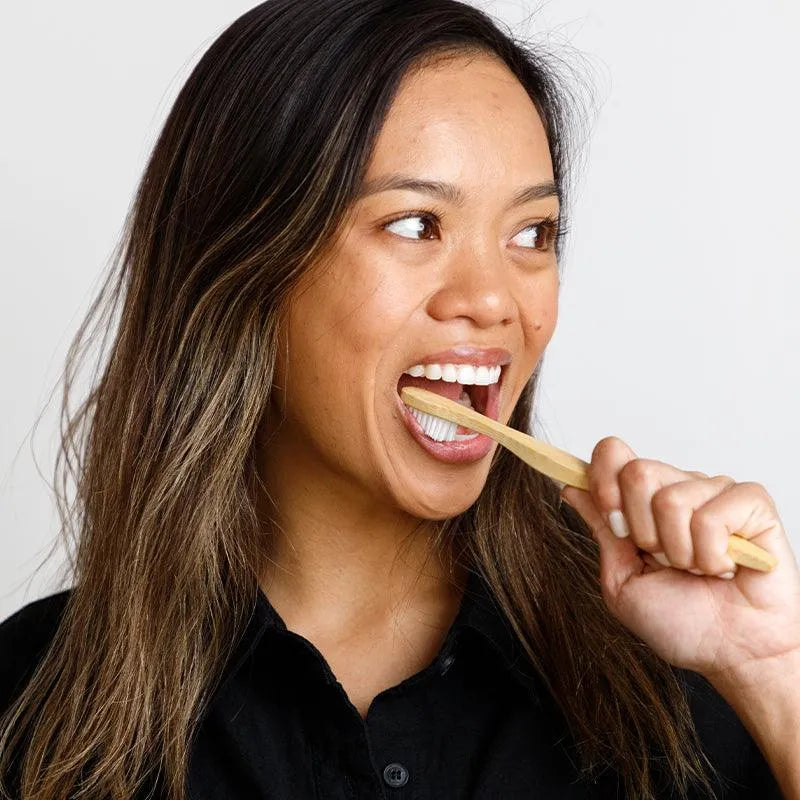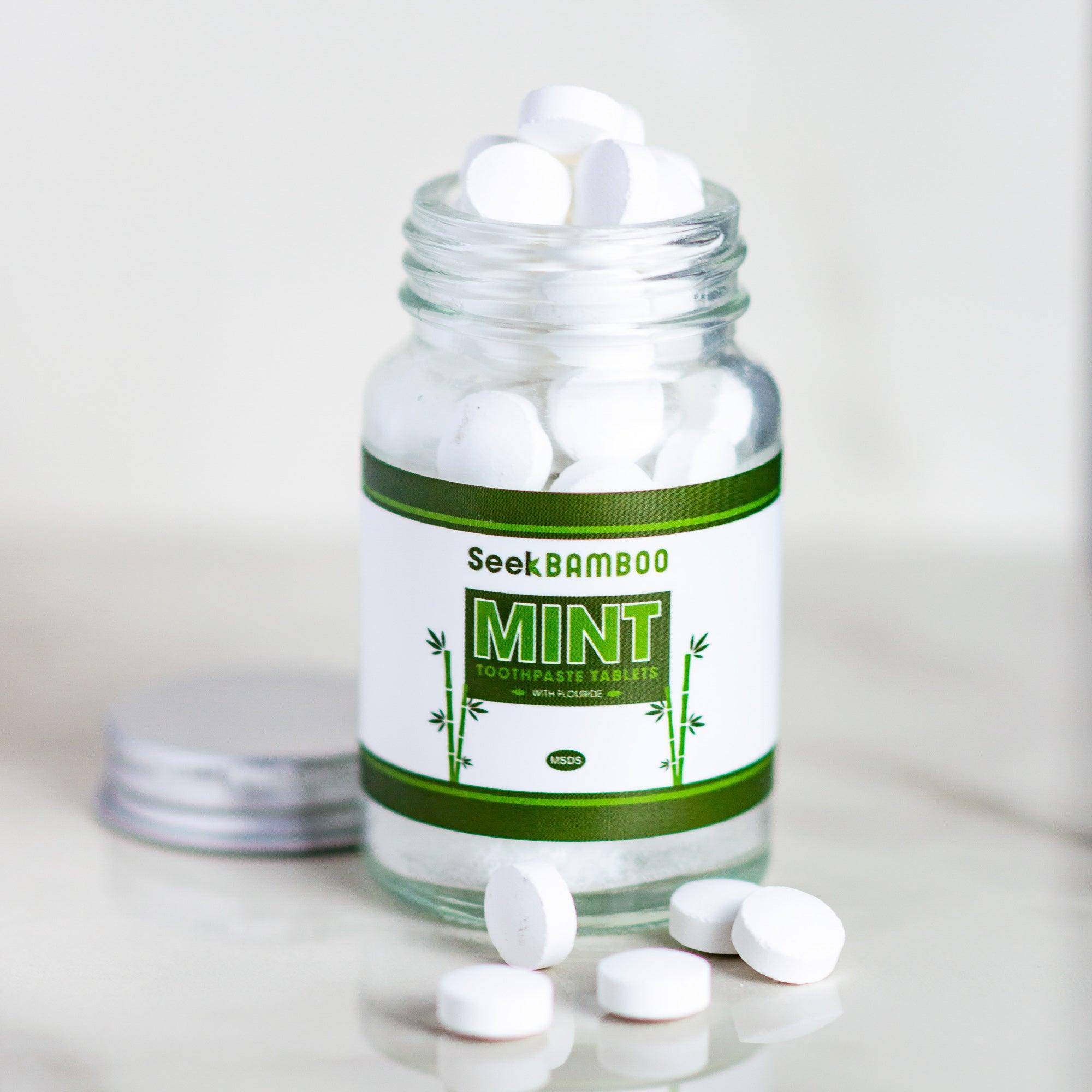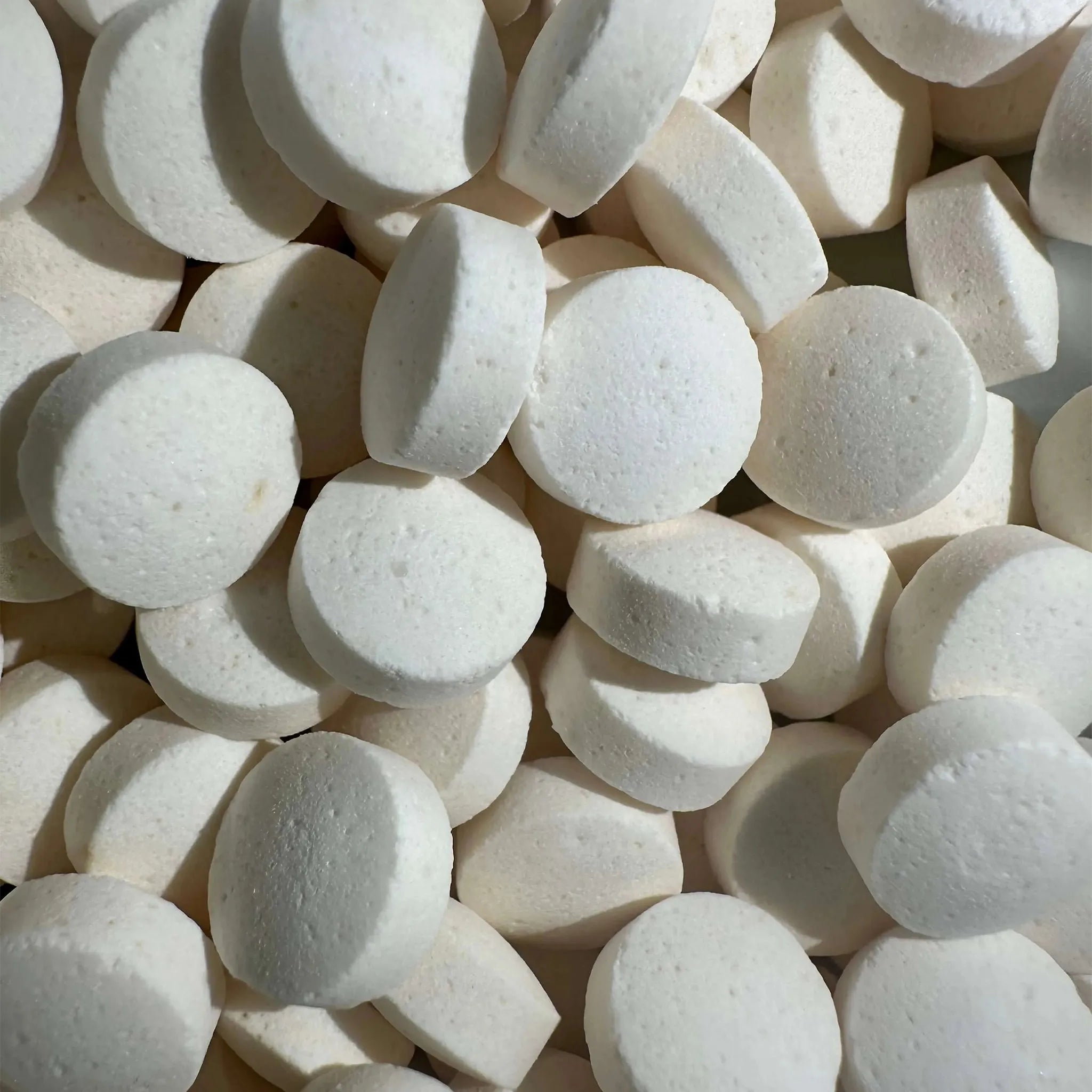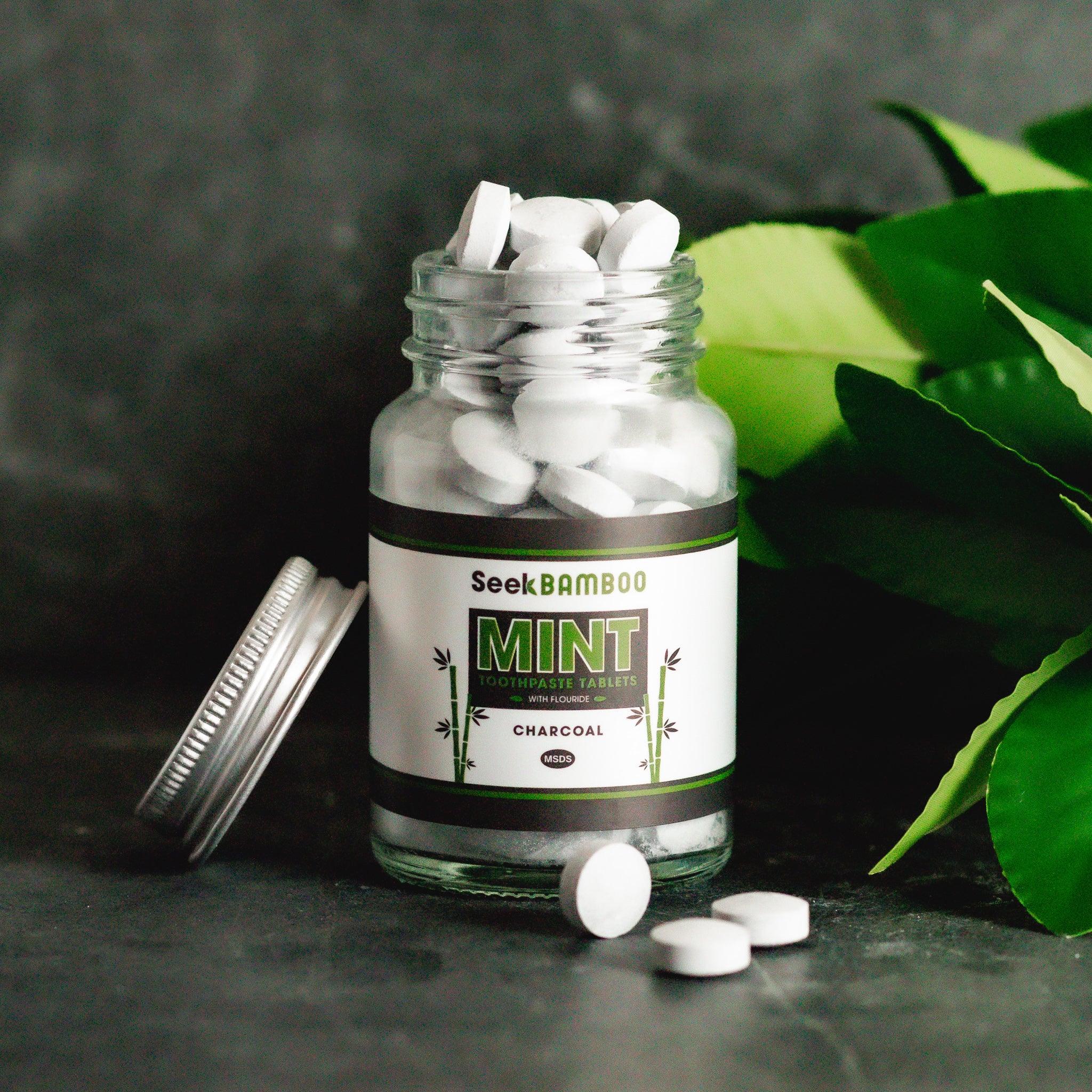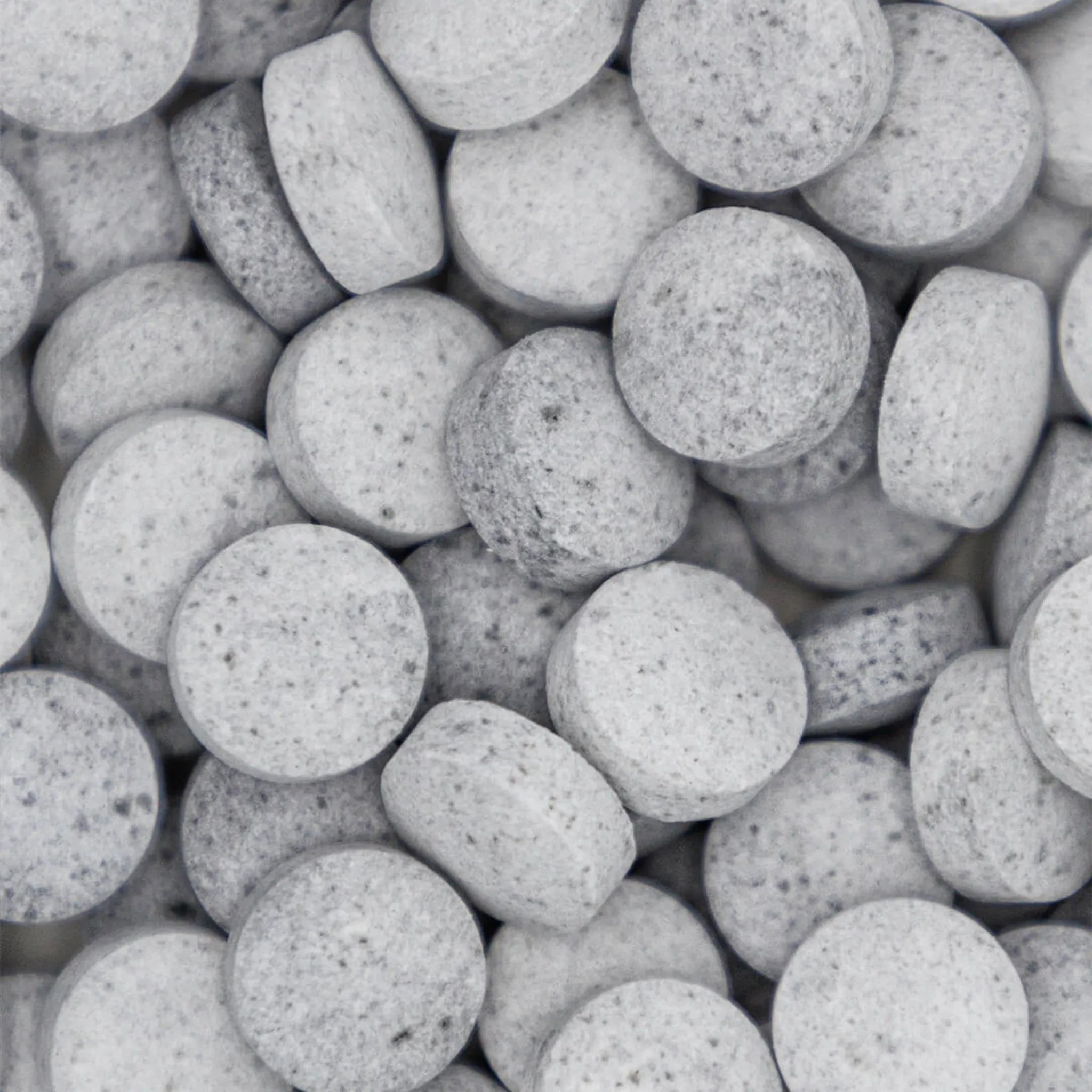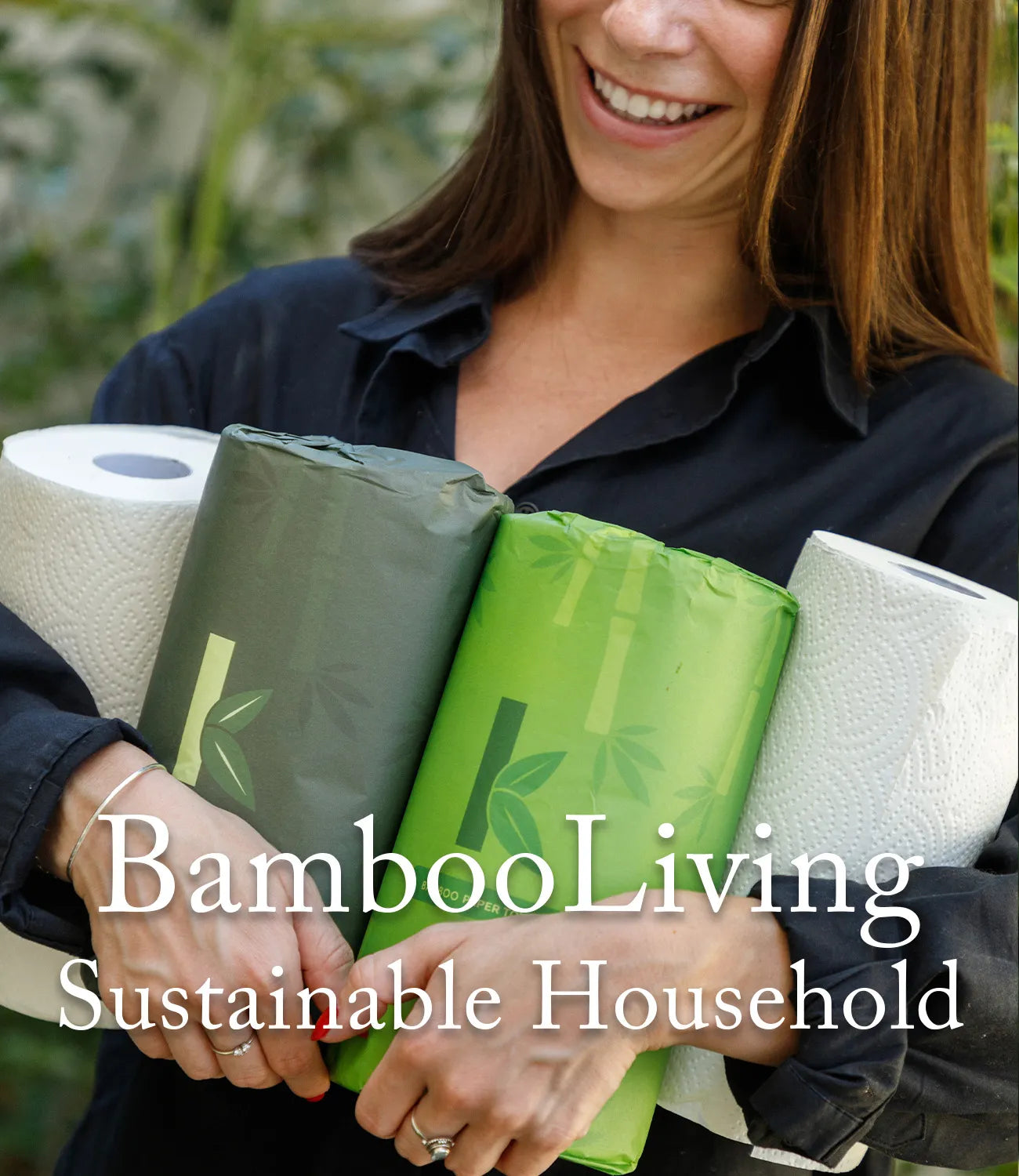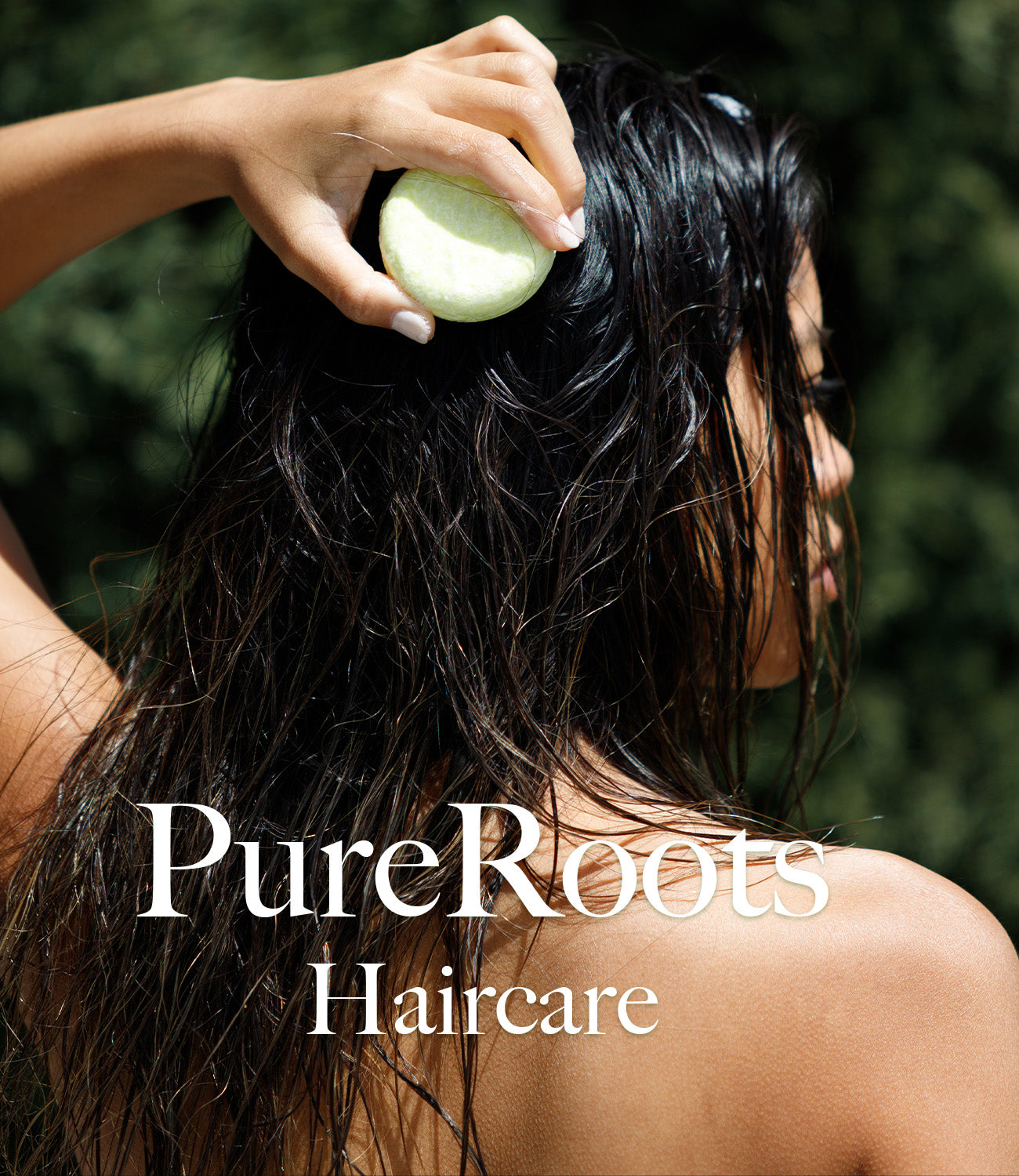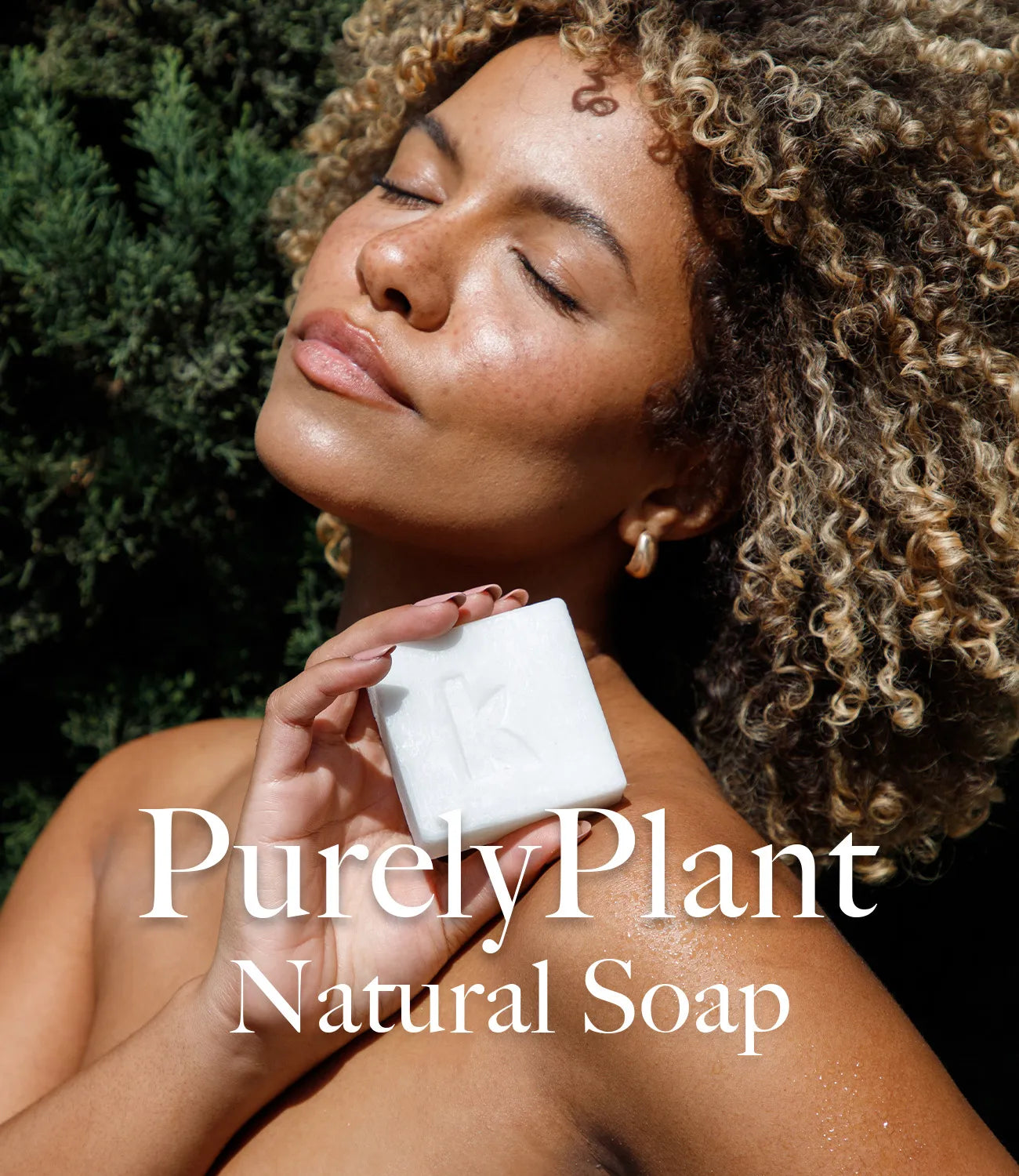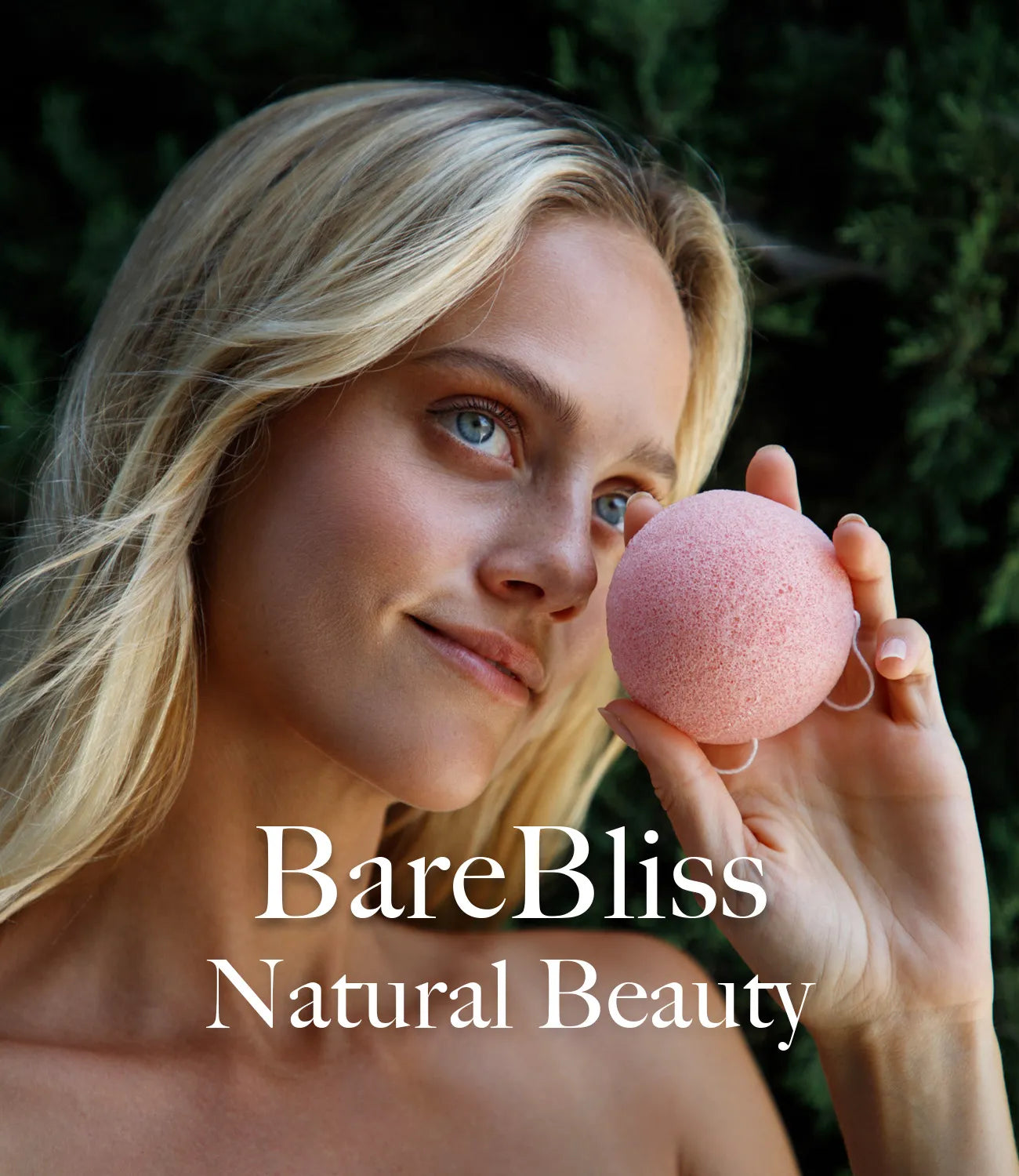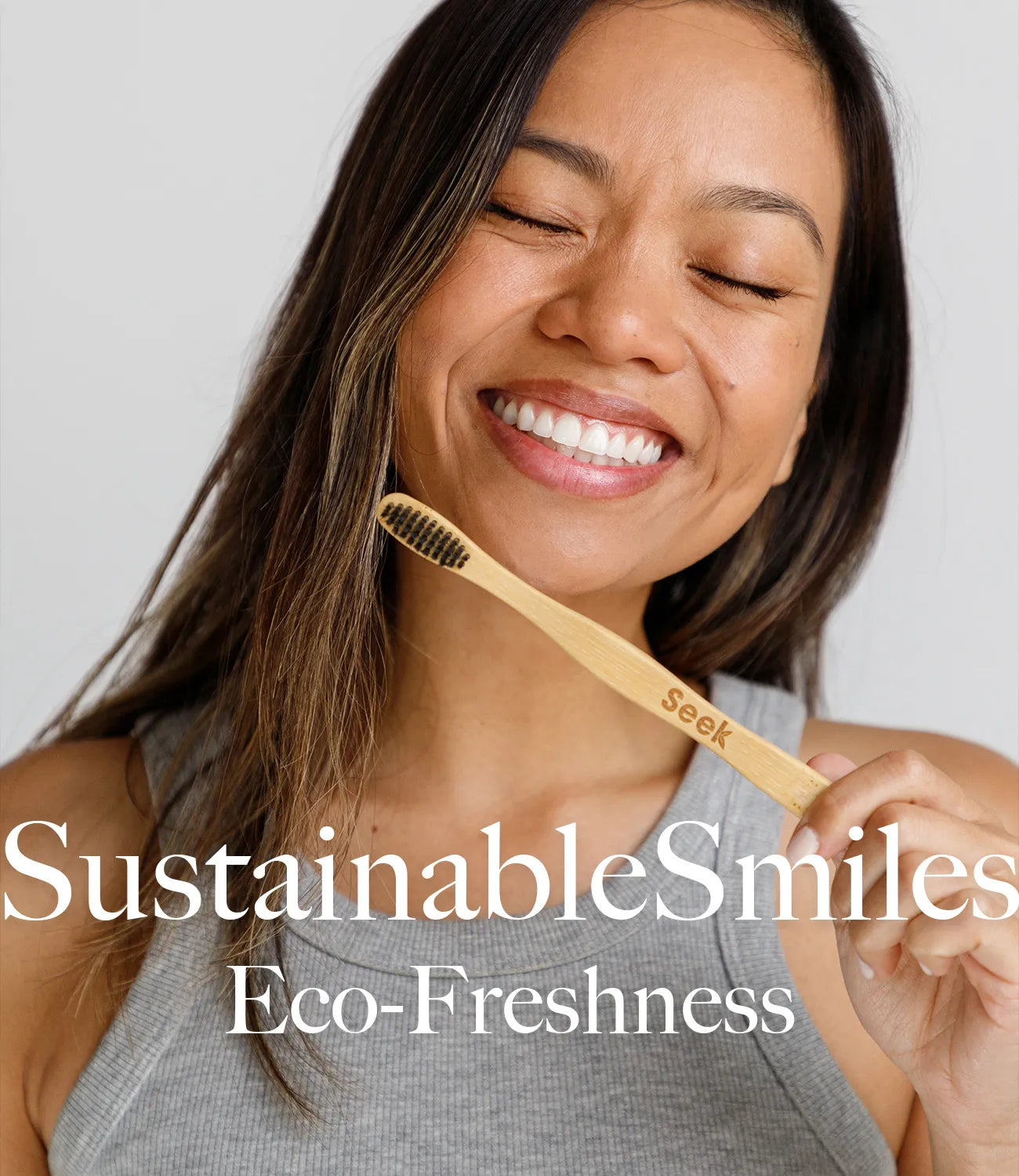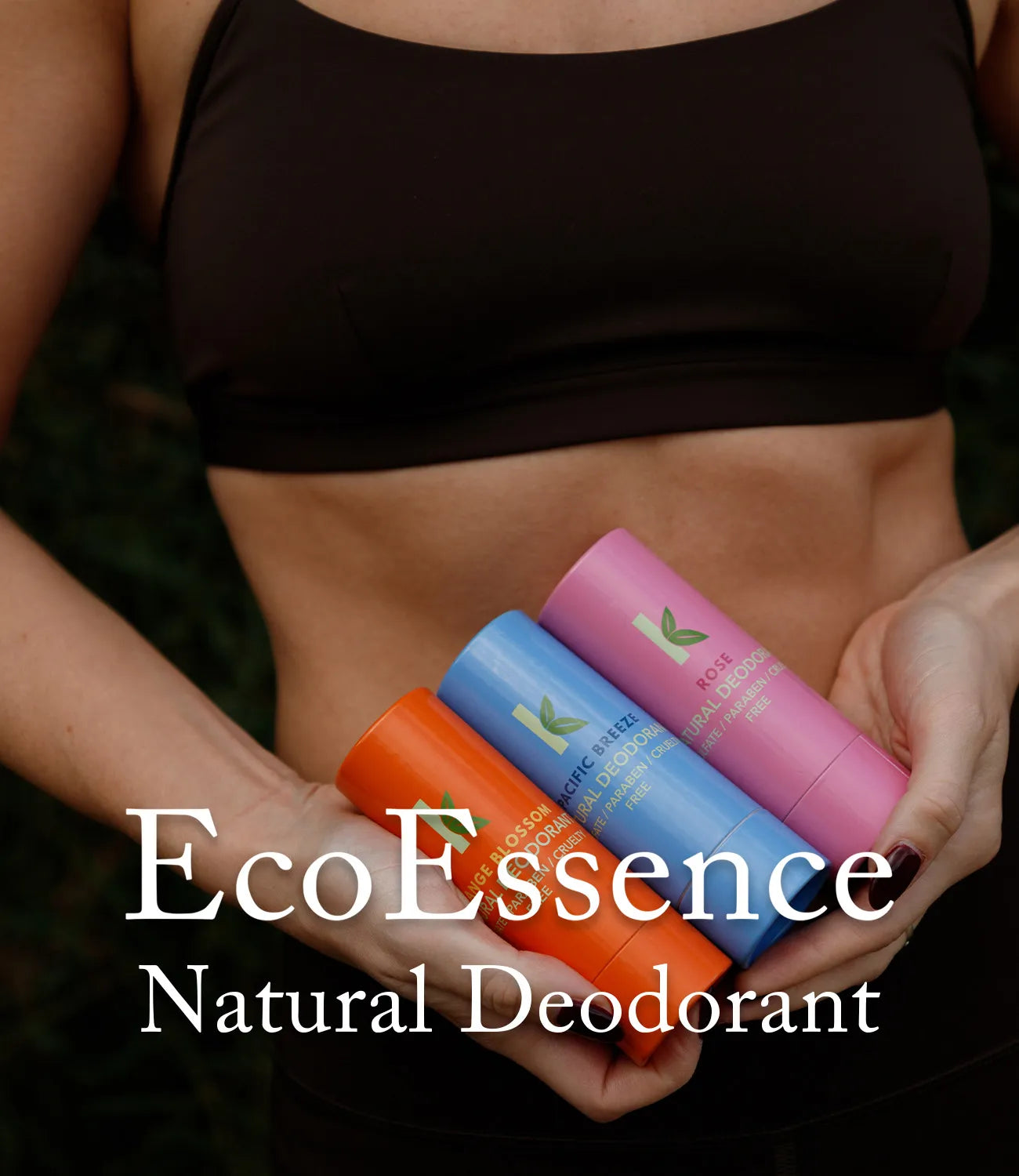In the midst of our busy lives, there are moments when we can make choices that not only benefit us but also leave a positive mark on our environment. One such moment occurs every day, often twice a day, when we reach for that spool of dental floss. While it may seem like a minor act in the grand scheme of things, the type of floss we choose can have a surprisingly substantial impact on the world around us. In this blog, we invite you to journey with us through the realm of dental care, where we'll explore why switching from traditional plastic floss to eco-friendly alternatives is a small yet significant step towards a more sustainable future.
We'll begin by shedding light on the environmental concerns associated with conventional dental floss. From the production process, which relies on fossil fuels and energy-intensive methods, to its disposition in landfills, plastic dental floss contributes to our planet's growing waste problem. However, the narrative doesn't stop there. We'll pivot to a more hopeful perspective, introducing you to the eco-conscious alternatives that have been gaining momentum in recent years.
Our exploration will uncover the innovative materials and designs behind these sustainable floss options, demonstrating how they not only protect the environment but also cater to the diverse needs of your oral health. We'll discuss the benefits of eco-friendly floss, from reduced waste and eco-conscious packaging to gentler and more effective cleaning for your teeth and gums. This blog aims to inspire you to make informed choices that promote both personal well-being and environmental sustainability.
So, as we embark on this journey together, consider the profound impact that a seemingly small decision, like choosing eco-friendly floss, can have on our planet. Let's explore the realm of dental care with a sense of optimism and empowerment, knowing that every act of self-care can be an act of kindness towards the Earth we call home.
Why to Switch to Eco-Friendly Floss
While the environmental concerns surrounding traditional plastic dental floss may paint a disheartening picture, there's a brighter side to our journey towards more sustainable dental care. In this section, we're about to uncover the eco-conscious alternatives that are not only kind to your teeth but also to our planet. Get ready to explore the myriad benefits of making the switch to eco-friendly floss – from reduced waste and responsible sourcing to gentler, more effective cleaning for your oral health. These innovative dental products offer not just a solution to the environmental challenges we've discussed but also a path towards a healthier smile and a more sustainable future. So, let's dive in and discover why eco-friendly floss is more than just a choice; it's a step towards a harmonious coexistence with our environment.
Environmental Impact of Floss
Production: The journey of conventional plastic dental floss begins with the extraction and refinement of fossil fuels, which are then converted into the synthetic polymers used to create the floss itself. This process is energy-intensive and contributes to carbon emissions, exacerbating our dependence on non-renewable resources. Furthermore, the production of plastic floss involves chemicals and industrial processes that can have detrimental environmental consequences.
Packaging: Beyond the floss itself, consider the excessive packaging that often accompanies traditional dental floss products. Many plastic floss containers are wrapped in additional layers of plastic or housed in non-recyclable materials, further contributing to the plastic waste problem.
Waste Accumulation: Once you've completed your dental routine, the used floss usually ends up in the trash, destined for landfills where it can persist for hundreds of years without decomposing. The small size and non-biodegradable nature of plastic floss make it particularly problematic in waste management systems.
Environmental Impact: Plastic dental floss that finds its way into the environment can have dire consequences. In waterways, it poses risks to aquatic life, as animals can ingest or become entangled in the tiny threads. Moreover, when plastic floss breaks down into microplastics, it infiltrates ecosystems, affecting everything from soil quality to marine food chains.
Dental Floss: Environmental Foe
Dental floss, a seemingly innocuous product in our daily hygiene routine, carries a hidden environmental burden that often goes unnoticed. Its production, although not as publicized as some other plastic items, contributes to plastic waste and pollution. Typically made from nylon or Teflon, dental floss starts its journey with the extraction and refinement of petroleum-based materials. As it progresses through the manufacturing process, considerable energy and resources are consumed, resulting in a carbon footprint that extends far beyond the confines of our bathrooms. Moreover, once we've used dental floss, its disposal poses another ecological challenge. These seemingly insignificant strands of nylon can persist in our environment for centuries, further adding to our planet's plastic predicament. In this article, we will explore the environmental impact of dental floss, shedding light on a small but significant aspect of our daily lives that warrants our attention and consideration.
But it doesn’t stop there...
Yes, even after it's made, that innocuous little roll of string in your bathroom wreaks more environmental havoc than you might think. Thanks to the news media, the most notorious plastic products, demonized in viral videos and damning headlines, are drinking straws and six pack beverage rings. Floss, however, leaves its own alarming damages in its wake.
This devilish little string is so small that it easily ends up where it shouldn’t: in the ocean, or other ecosystems. And due to its signature tear-resistant design, it can cause a whole host of problems once it enters the water and engages with marine wildlife.
Remember learning in third grade the frightening prospect of what happens if you swallow your chewing gum? It sits in your stomach for seven years, they’d say. While this folklore is a myth for humans and gum (I finally learned it passes through our digestive system, to the relief of seventeenth grade me), this timeline does ring true for animals and floss. When swallowed by an animal, floss can sit in its stomach for several years, which can create a number of health issues. This is even further problematic, sadly, for species already considered threatened or endangered. Because floss is also prone to wrapping around their necks, it can also strangle marine animals.
A word on carbon neutrality
Why all the environmental statistics to discuss dental hygiene? To slow the rate of our planet’s decay, the ultimate objective is carbon neutrality, or achieving net-zero carbon dioxide emissions. A big part of this means cutting down non-biodegradable waste output. This includes floss.
It’s true, plastic is everywhere. But here’s the good news: we enjoy more zero-waste alternative products now than ever before. For the consumer, adopting more environmentally-friendly habits and swapping for zero-waste products is the easiest it’s ever been.
Think of the nuisance factors that make flossing such an unpleasant chore: the inadvertent stabbing and bleeding of your gums, the bland tastelessness, the funny sensation of the fibers that you never quite adjust to. Today, a variety of natural floss options are available that quell all of those unbecoming peccadillos of flossing.
How to Make the Swap
Now that you’re ready to ditch your plastic floss and opt for an eco-friendly version, there are a few types to consider: bamboo, corn, and silk. The “better” option for you will depend on the factors you already consider when choosing a floss: comfort, feel, vegan-friendly, and perhaps flavor (I enjoy cinnamon myself). In other words, it’s up to your personal preference.
Natural options are often coated first in candelilla wax (a plant-based substance), then in essential oils, meant to give a more pleasant and gentler flossing experience on your gums. As a cautious flosser prone to making my gums bleed by accident, I found this feature appealing.
Bamboo Floss
Bamboo floss, as you might have guessed, comes from the fibers of bamboo. Activated charcoal is often added in the process, due to its cleaning and absorption properties. The black color also shows more of the gunk removed from between your teeth. It’s a great floss alternative that brings the best of both worlds: not only is bamboo very strong, it’s also biodegradable and compostable. Vegans also give bamboo floss a thumbs up.
Corn Floss
Another sustainable floss option is PLA corn floss. Also, a vegan option, PLA corn floss is made with corn fibers. Some brands market it as “non-abrasive” corn, promising gentle flossing experience for sensitive gums.
While durable enough for use, it is the least so among natural floss options, so if you have particularly compact teeth, other natural floss types are probably better.
Silk Floss
Silk is a natural product made from silkworms. As an animal by-product, it’s eco-friendly in its breakdown. Though not as strong as bamboo, it’s still strong enough for use.
If this factor matters to you, silk floss is not a vegan option. If you are willing to do the research, it brings you comfort to know that there are options that harvest the silk from silkworms humanely. (This is not always the case, as some methods involve boiling the silkworms alive as they extract their silk.) But if any animal byproduct is not for you, regardless of harvesting method, give silk a pass.
What I use
Ladies especially, I know you hear me…We love the products we love, for the joys they bring and the comfort of using that which is familiar and reliable to us. But when it comes to cutting down household waste, a little bit goes a long way, even more so when we make those small steps collectively.
Yes, if I - a self-dubbed beauty and cosmetics shaman whose definition of wellness is surrounding myself with colorful bottles of this and that - can swap my beloved Johnson & Johnson Reach Waxed Dental Floss in Cleanburst Cinnamon for a zero-waste floss alternative, then yes...so can anyone.
I decided to give zero-waste floss. As we discussed earlier, it’s a vegan option made of candelilla wax. It is 33 yards of compostable, eco-friendly, zero-waste oral care, and it’s mint-flavored. Even the packaging gets an environmental thumbs up: the cute little box, minimal and easy to open, is made with Kraft paper, the printing with soybean ink.
I’ve used cheap floss (with which I’m prone to stabbing my gums), and I’ve used higher-grade floss (which feels much more pleasant); this one feels pleasant on the mouth (shall we say pleasant “mouth feel”?) and glides smoothly during use. Above all else, however, is the emotional reward of feeling like I’ve done something responsible by choosing to be a more mindful consumer.
What if I already have plastic dental floss?
Tossing out your erstwhile synthetic floss would defeat the purpose of being less wasteful, right? Before you throw it away, remember the properties of dental floss we talked about. Its size and durability make it a great household product, so consider the many ways it can be used other than for oral hygiene.
In the kitchen, use floss as a cutting device. Soft cheeses, cakes, and other soft baked goods respond well to it. Speaking of baked goods, having trouble prying cookies off a baking sheet? Floss can loosen it right off. When baking meats, bind it as a kitchen twine.
For household products, the options seem endless. Floss is strong enough to act as picture wire, a clothesline, shoelace replacement, sealant tape, trunk tie down, or plant support for gardening. You can even tie it around a bundle of kindling when starting a fire, or dip it in wood filler and lay in wood cracks to fill them.
Conclusion
Helping out the environment can start as small as changing your dental floss. Shifting or swapping habits successfully means starting small and staying consistent, and this can start with what products you choose for dental floss. The type of zero-waste floss you choose simply depends on personal preference, and whether a vegan option is important to you. By making a simple swap of synthetic floss for natural floss, you will contribute to a better environment and a healthier planet. Seek Bamboo is here to help you transition to a sustainable lifestyle. By offering plastic-free floss, silk floss refills, and bamboo floss refills removing plastic from the oral care routine has never been easier!
Thread Lightly
Unraveling Your Top FAQs
What is eco-friendly floss?
Eco-friendly floss is a dental floss that is designed to be more environmentally sustainable than traditional plastic floss. It is typically made from natural or biodegradable materials and often comes in reusable or recyclable packaging.
How is eco-friendly floss different from regular floss?
Eco-friendly floss differs from regular floss in that it is made from materials that have a lower environmental impact. It aims to reduce the use of plastic and minimize waste.
What are the benefits of using eco-friendly floss?
The benefits of using eco-friendly floss include reducing plastic waste, decreasing the carbon footprint, and supporting sustainable manufacturing practices. It's a choice that aligns with environmental conservation.
Is eco-friendly floss as effective as regular floss?
Yes, eco-friendly floss is designed to be just as effective at cleaning between teeth and promoting oral hygiene as regular floss. Its primary difference is its eco-conscious composition.
How do I dispose of eco-friendly floss?
The disposal method for eco-friendly floss depends on the materials used. Some eco-friendly flosses are biodegradable and can be safely composted, while others may need to be disposed of in the regular trash or recycled according to local guidelines.


